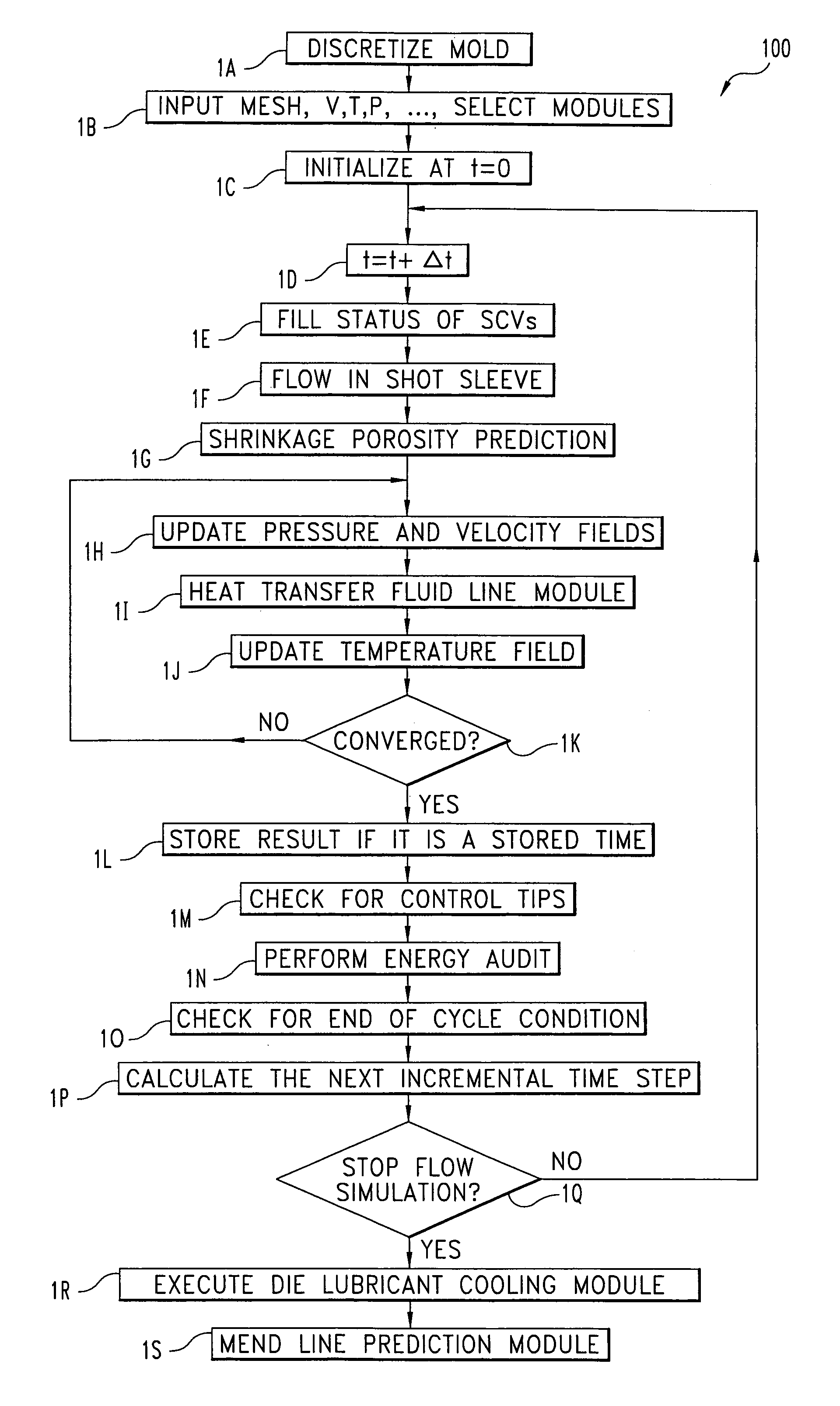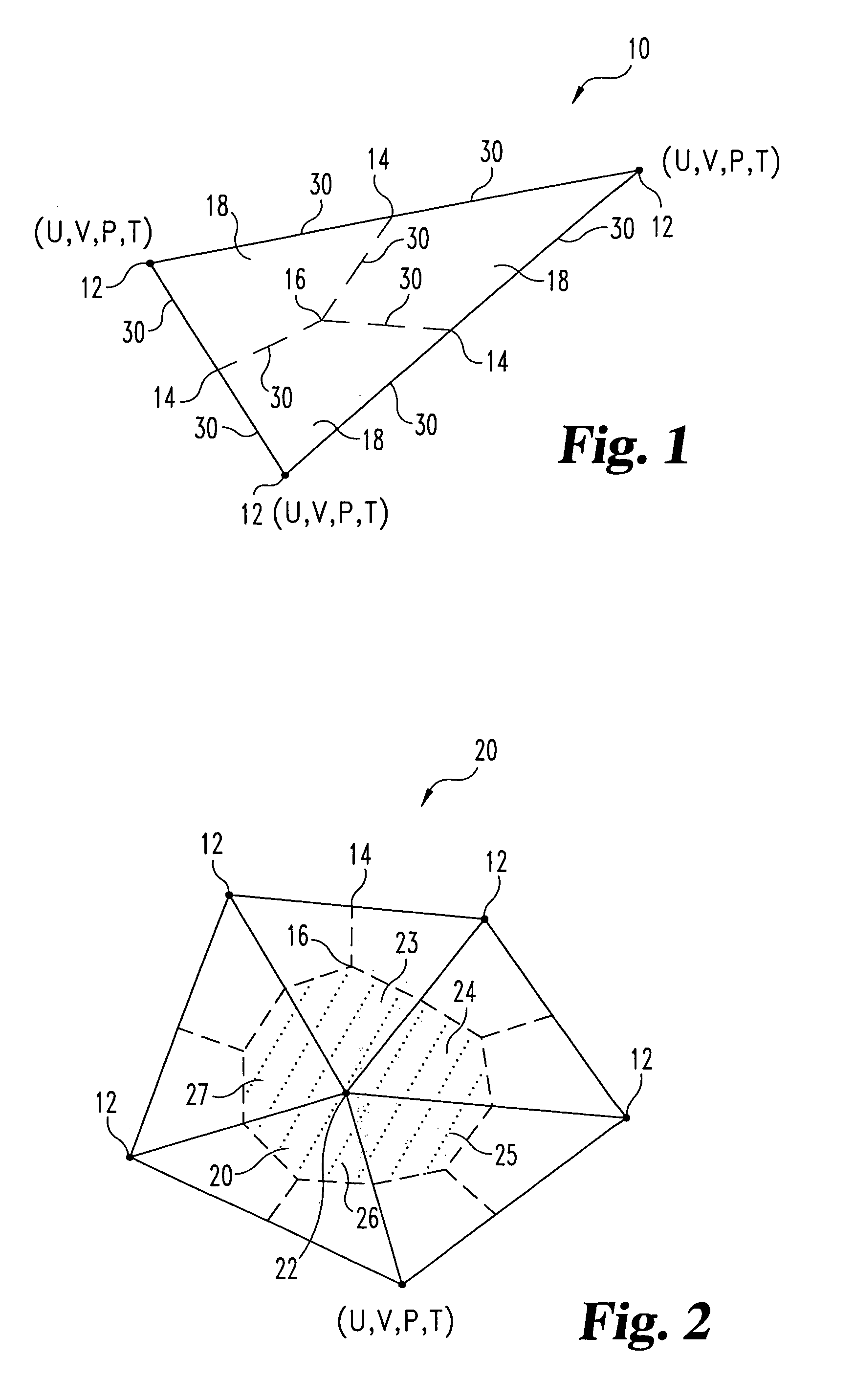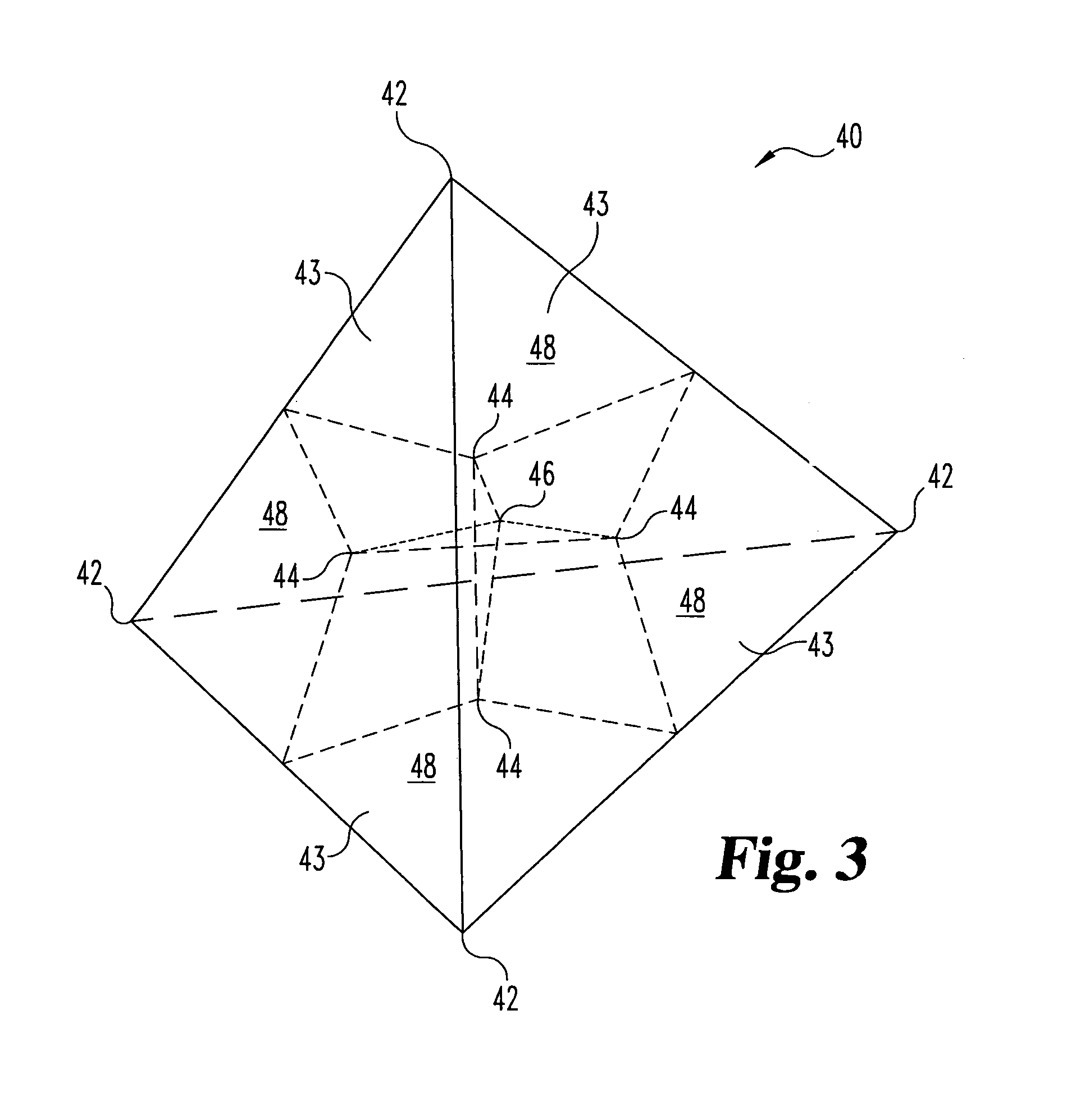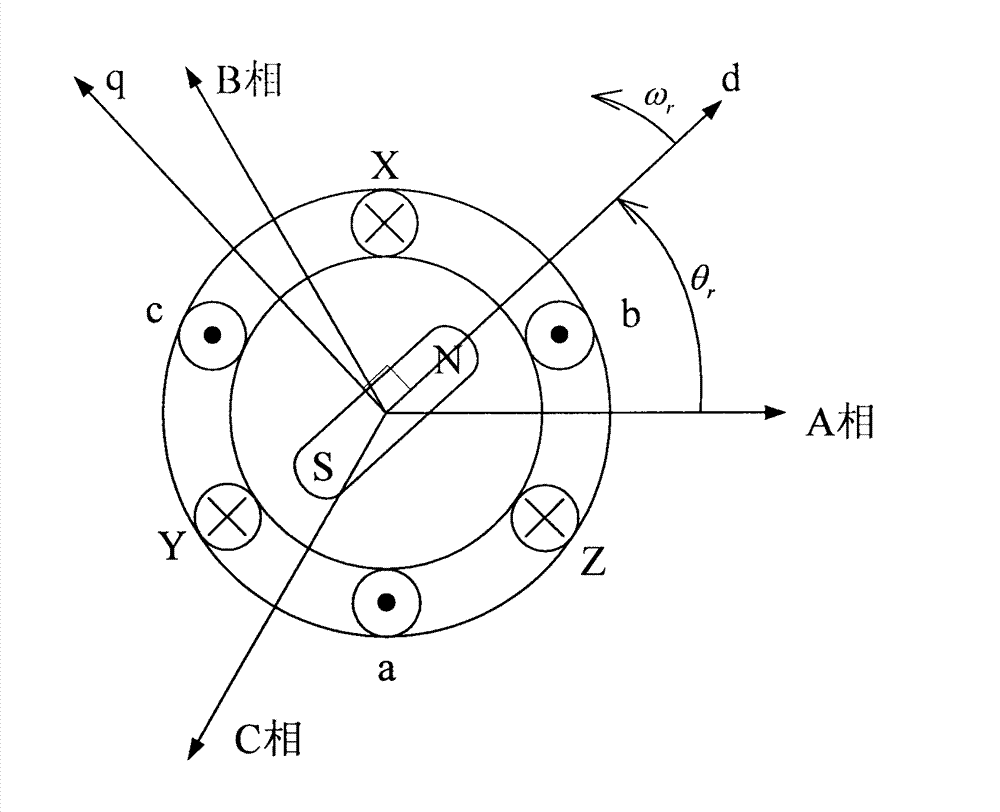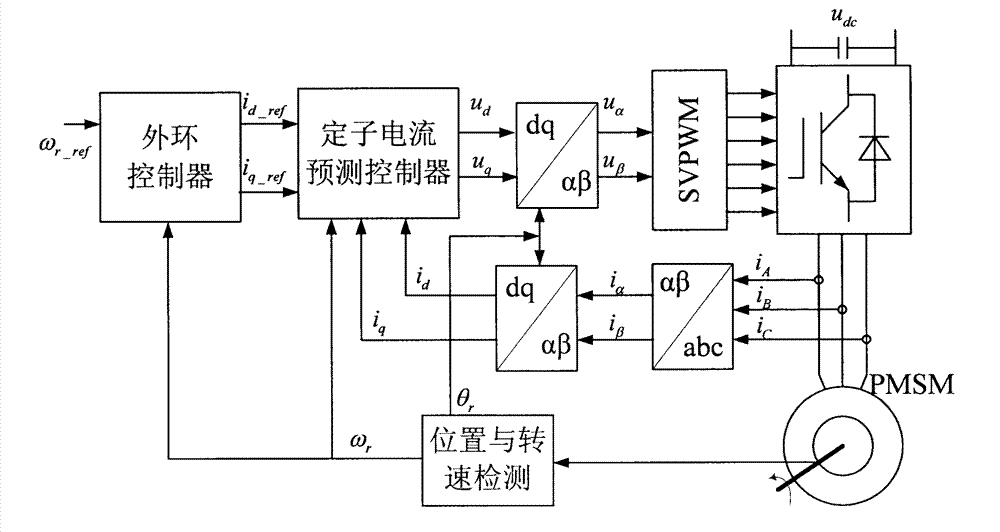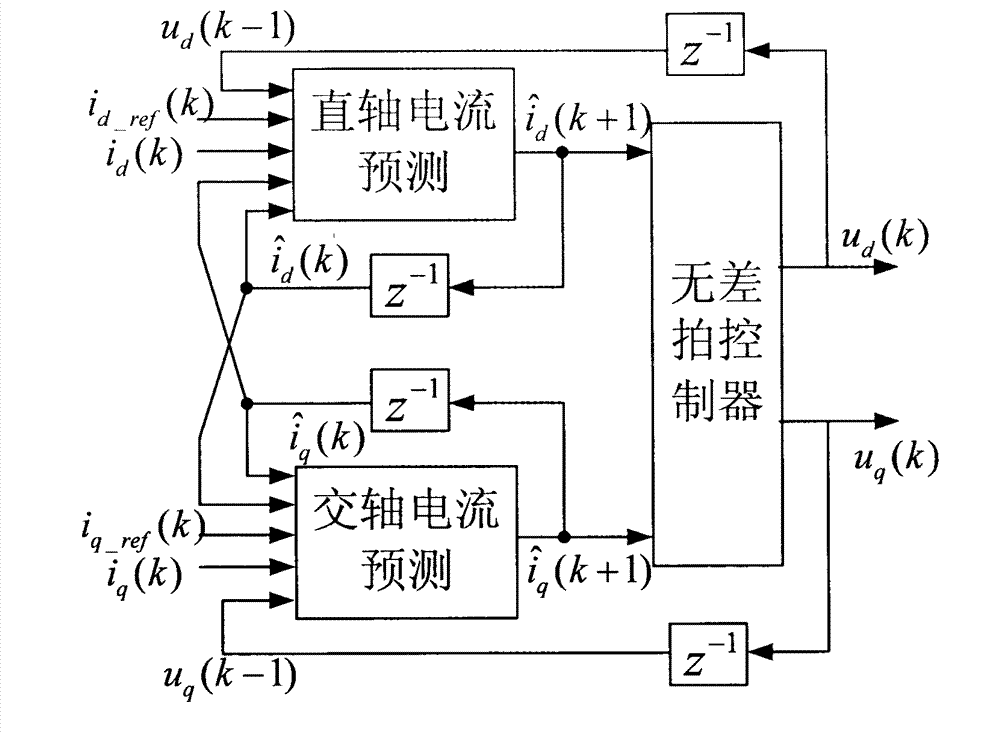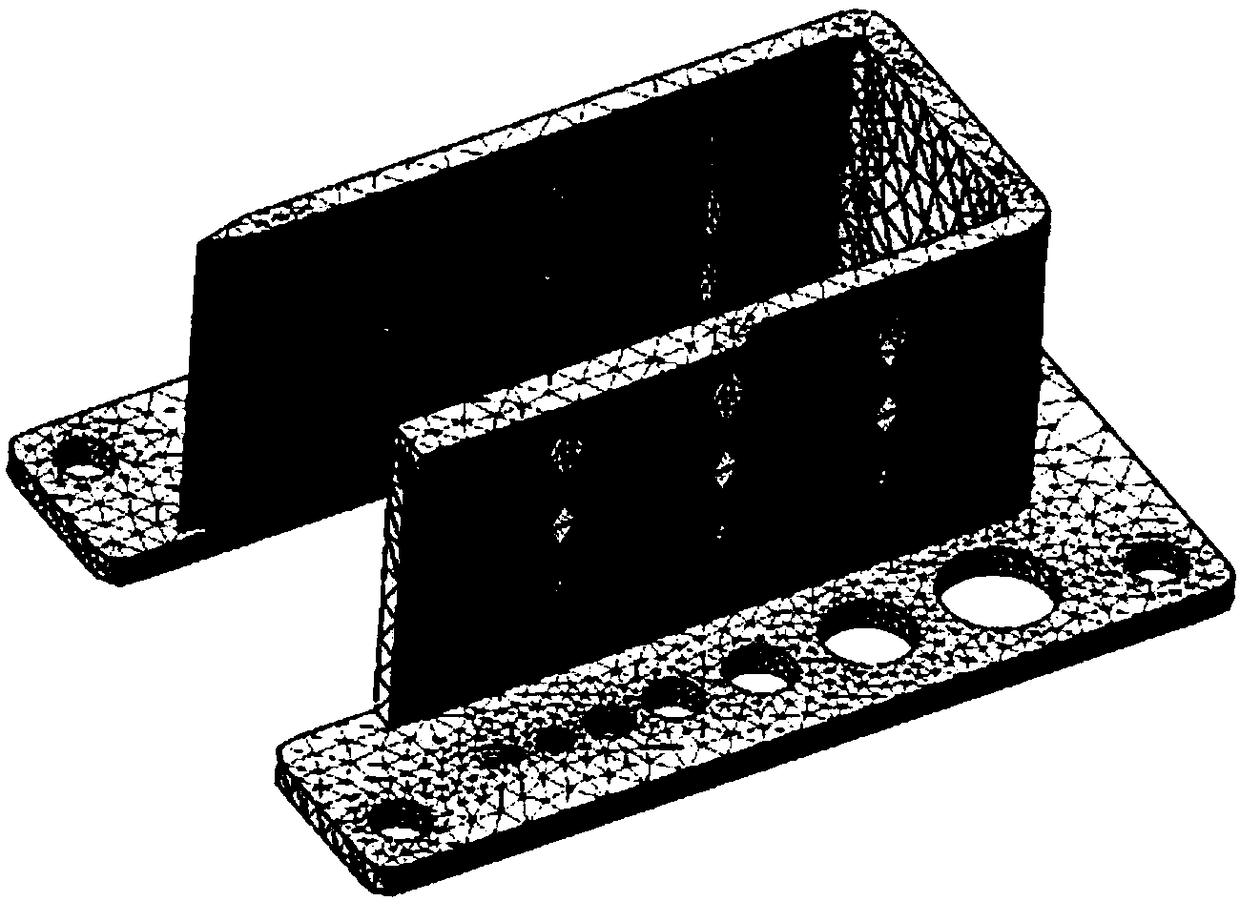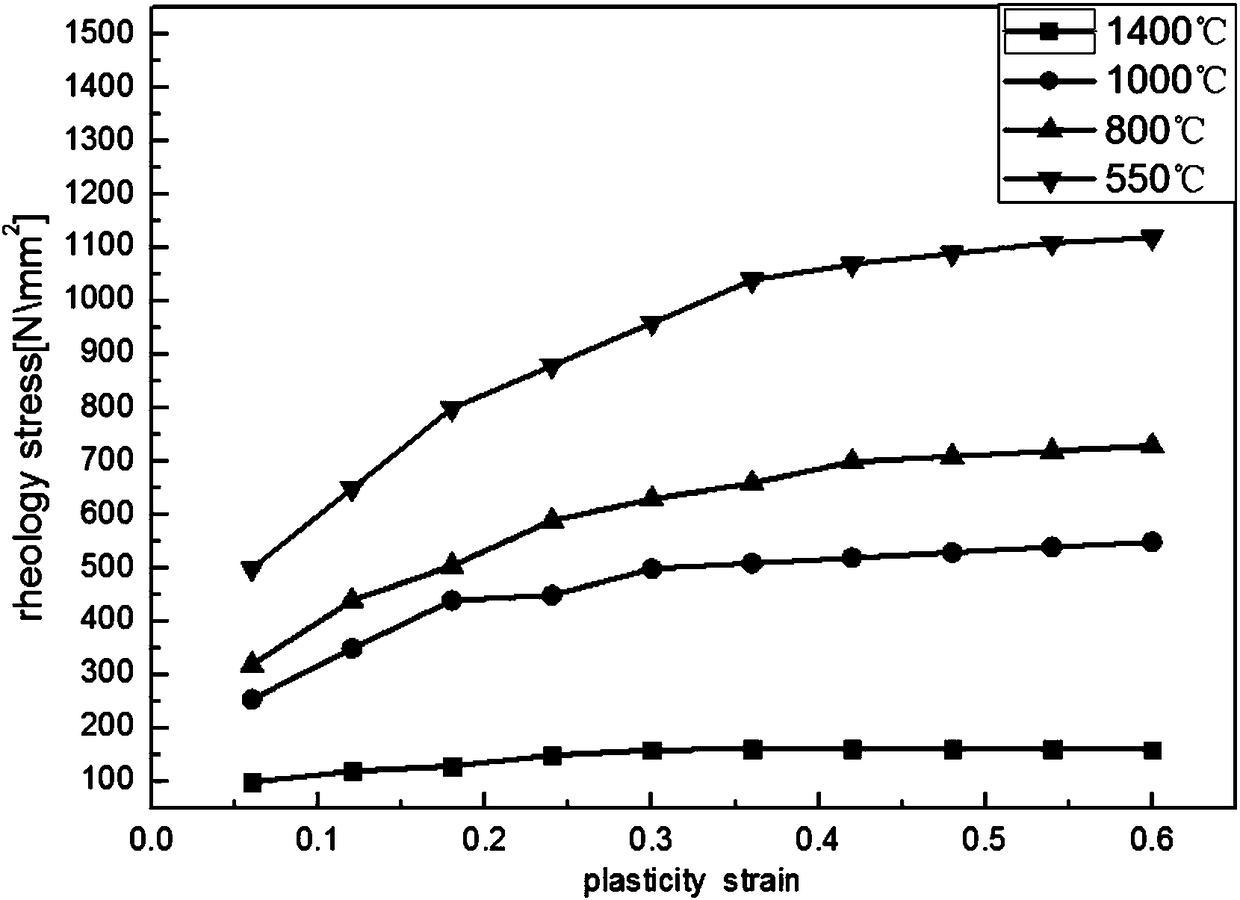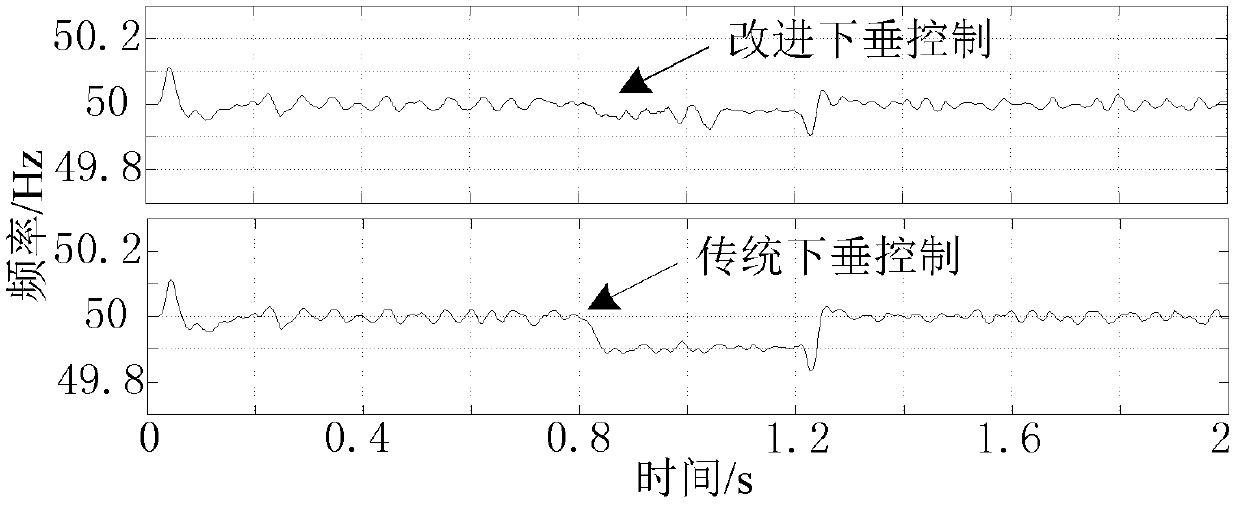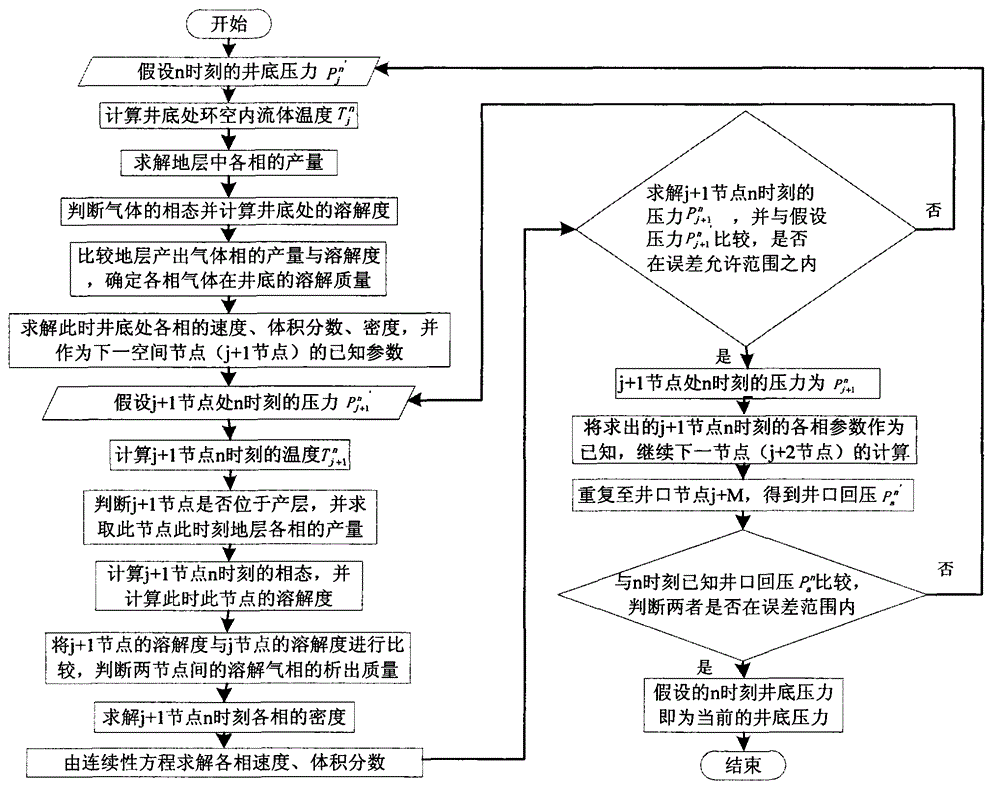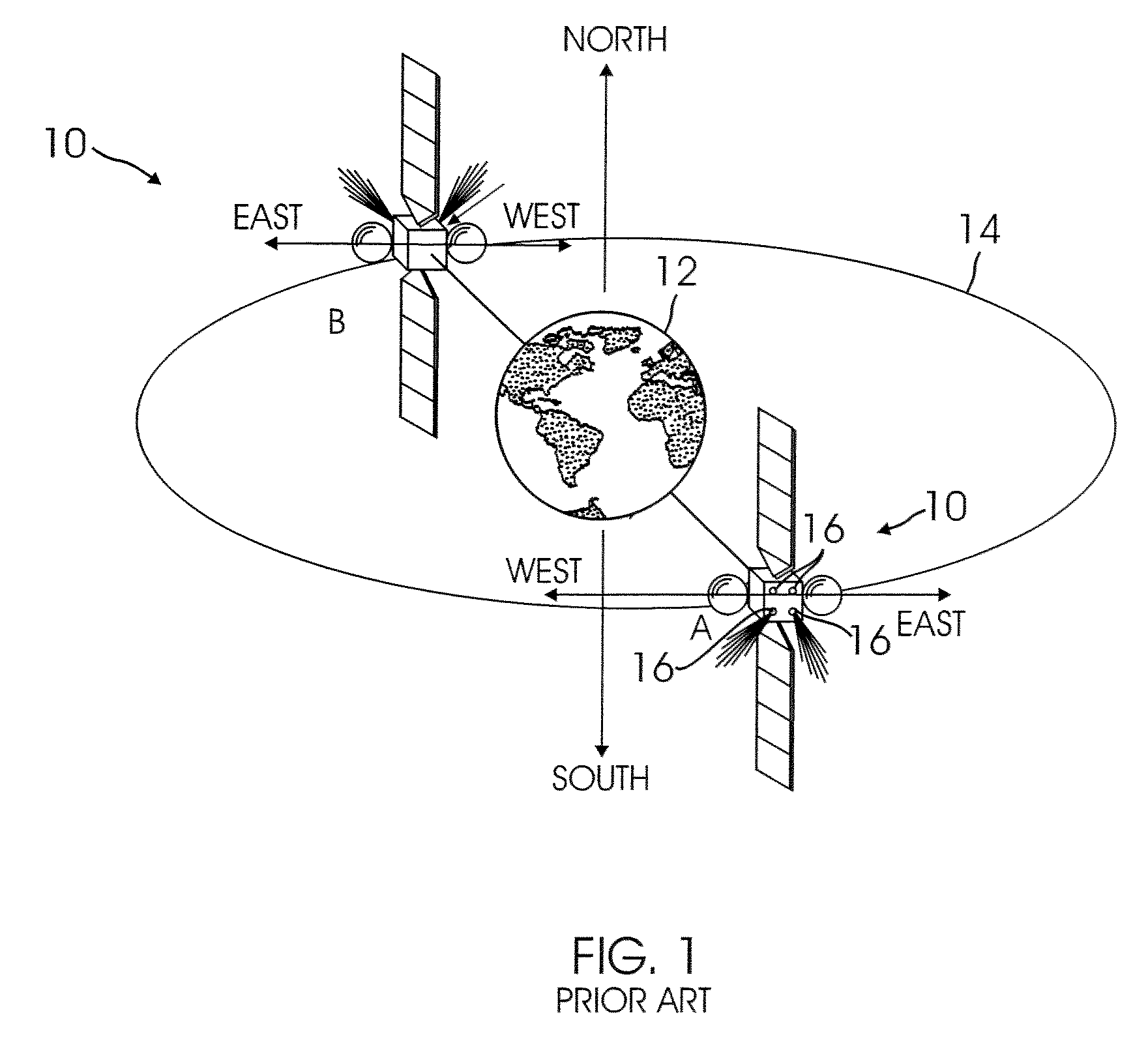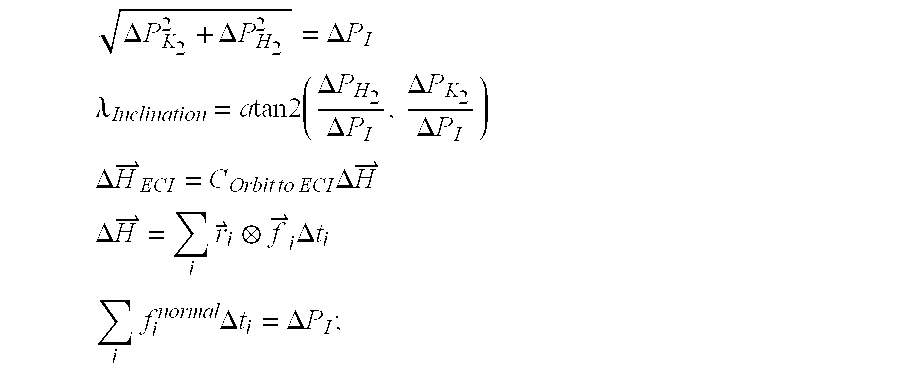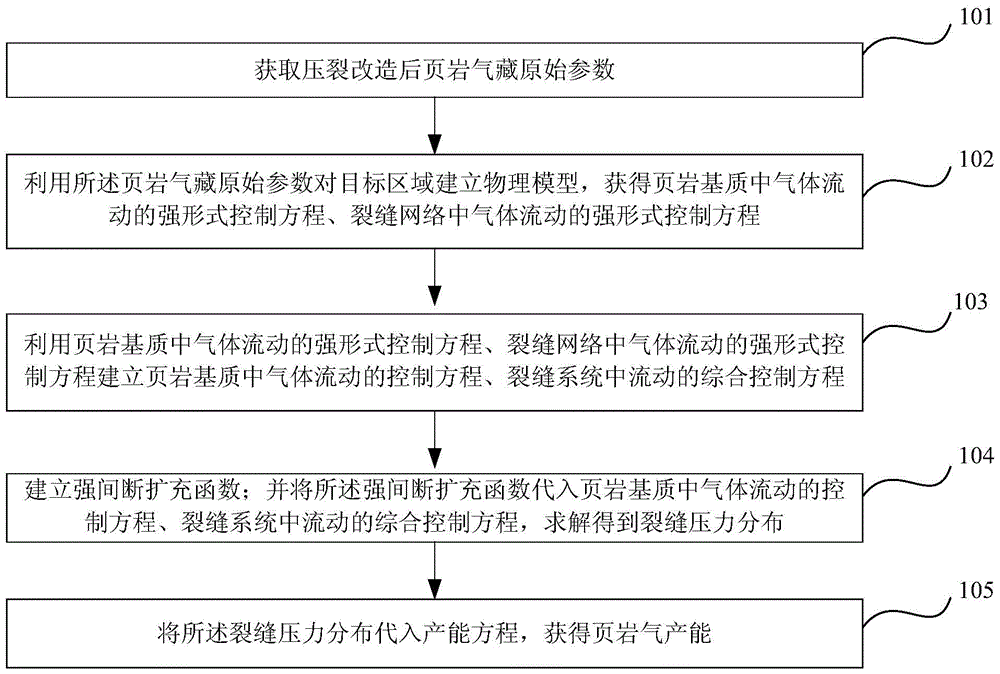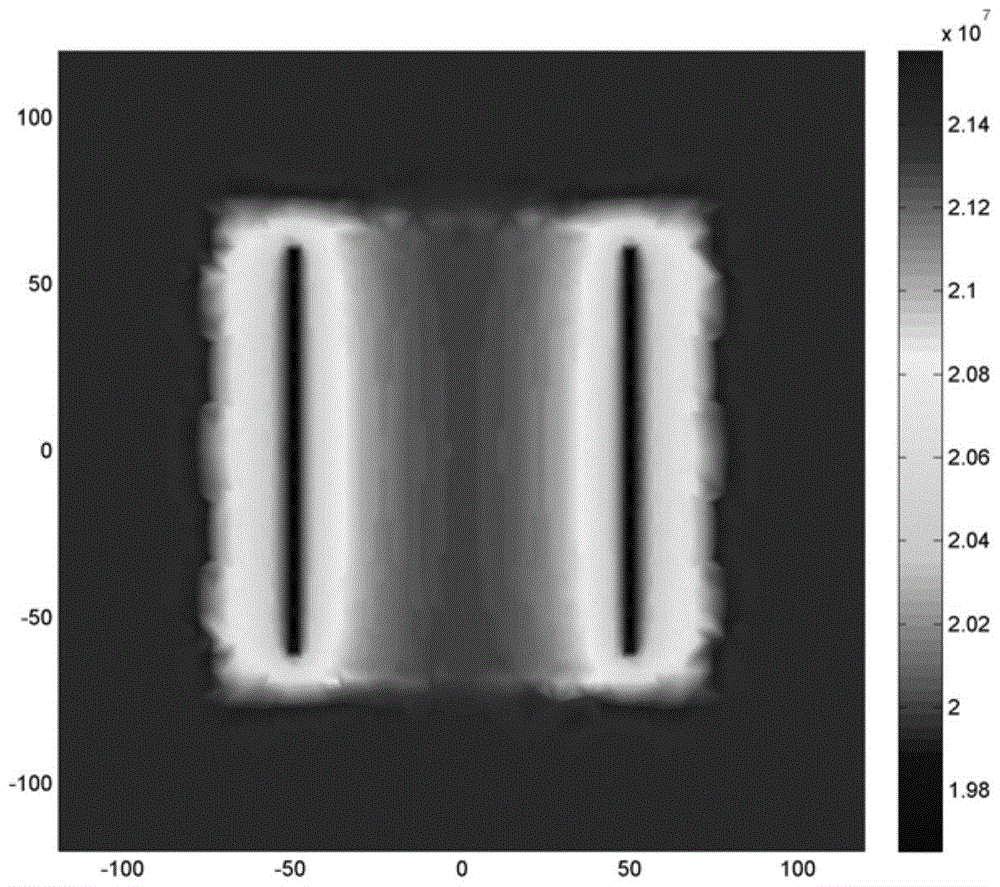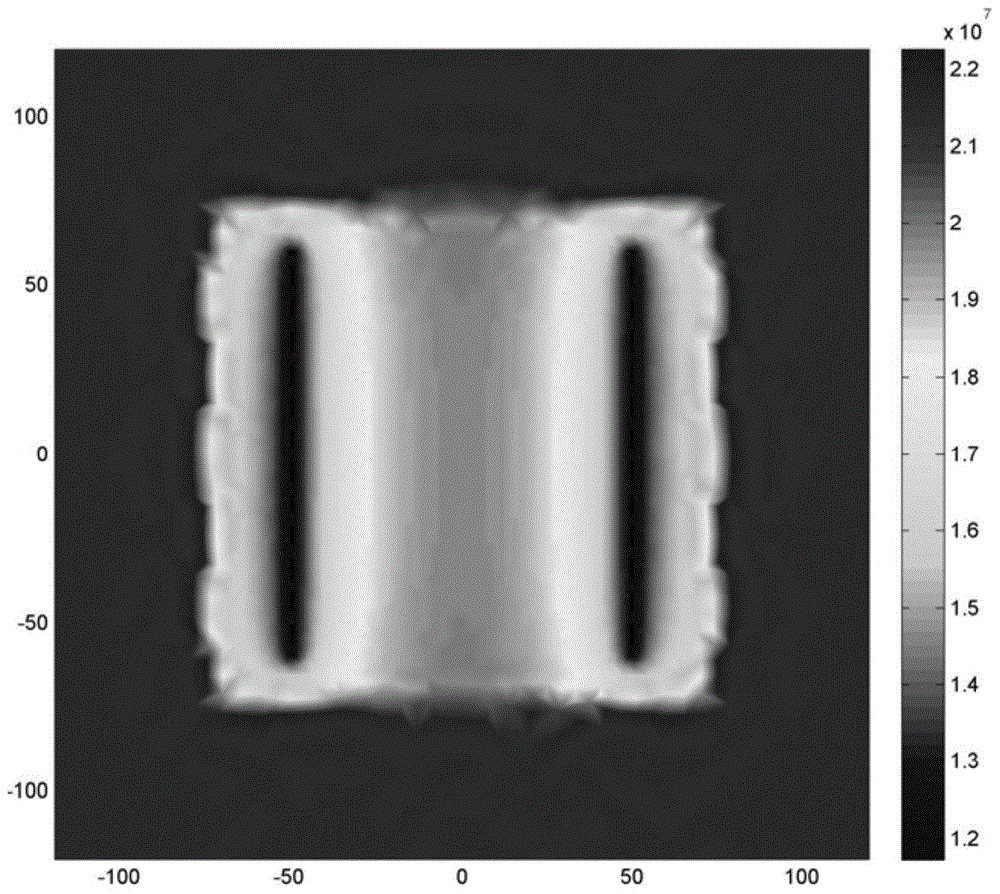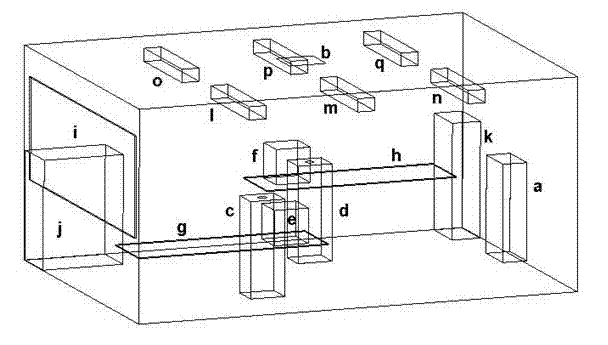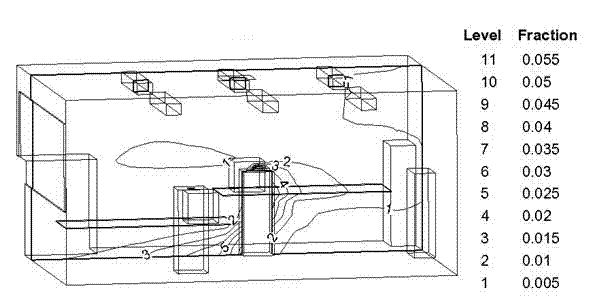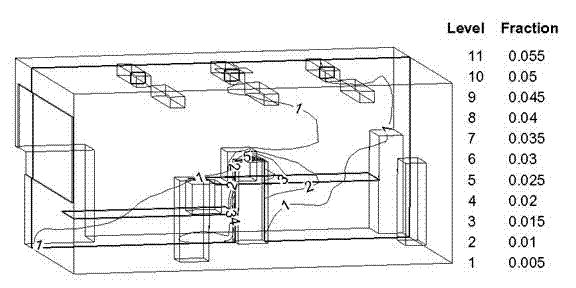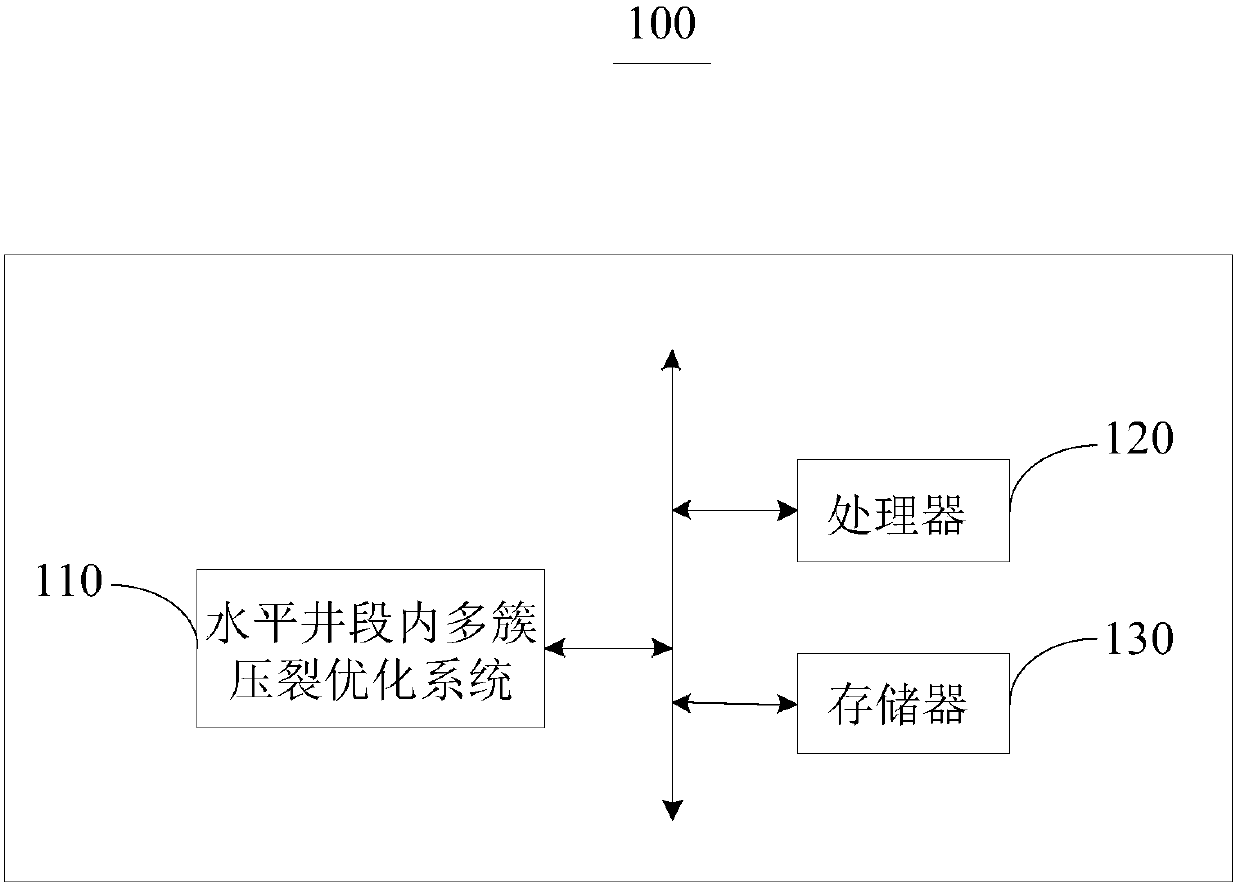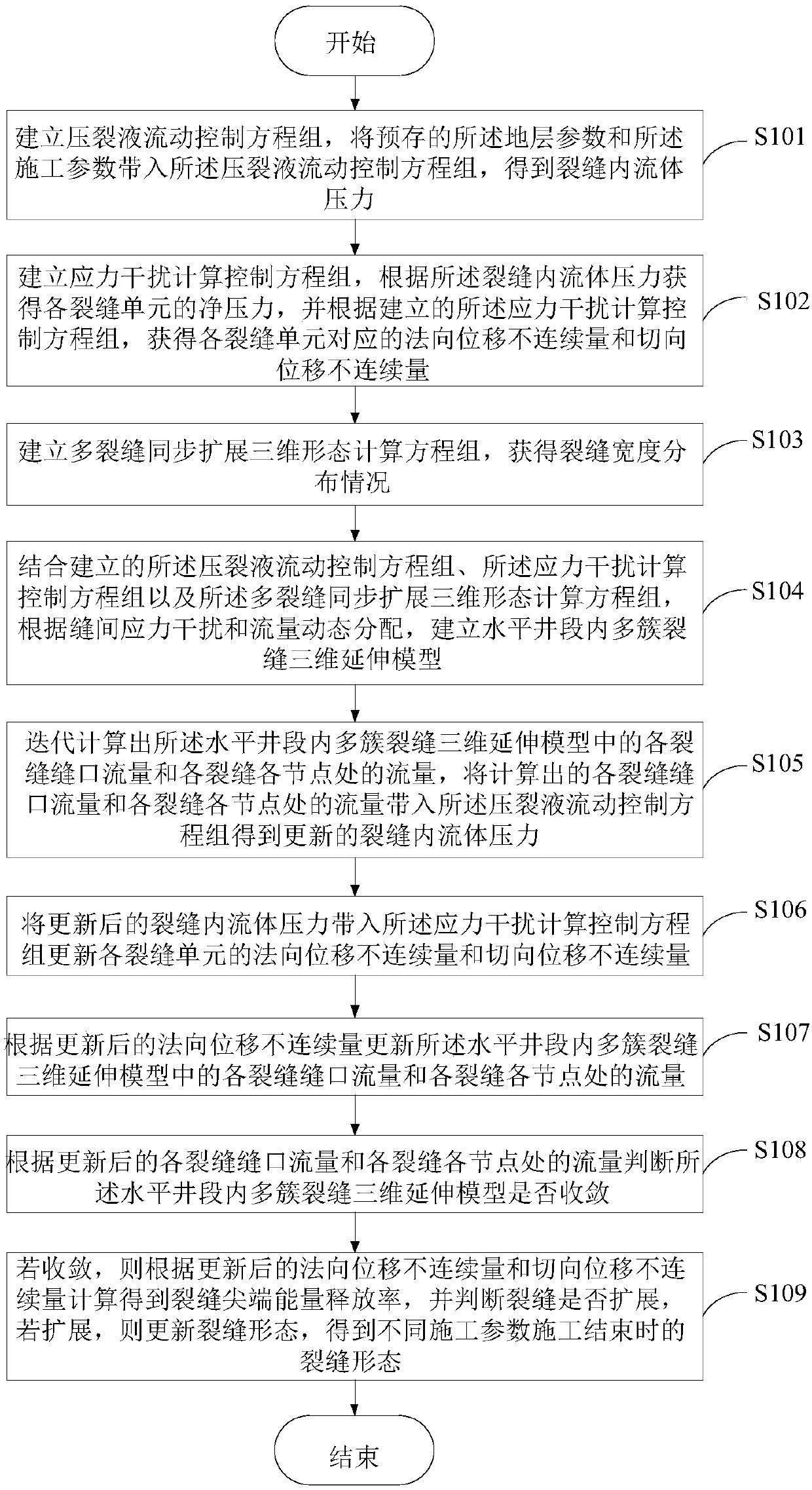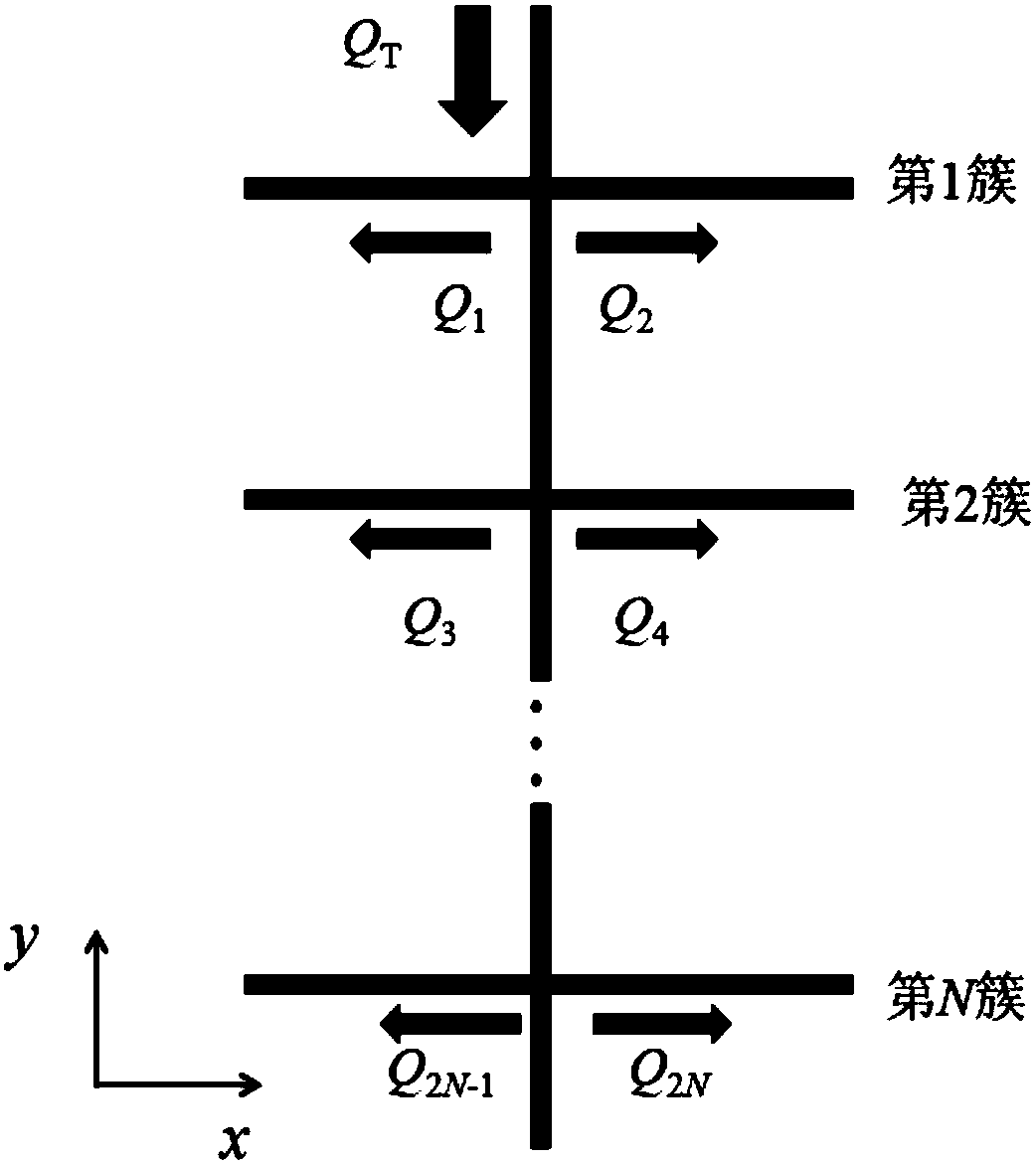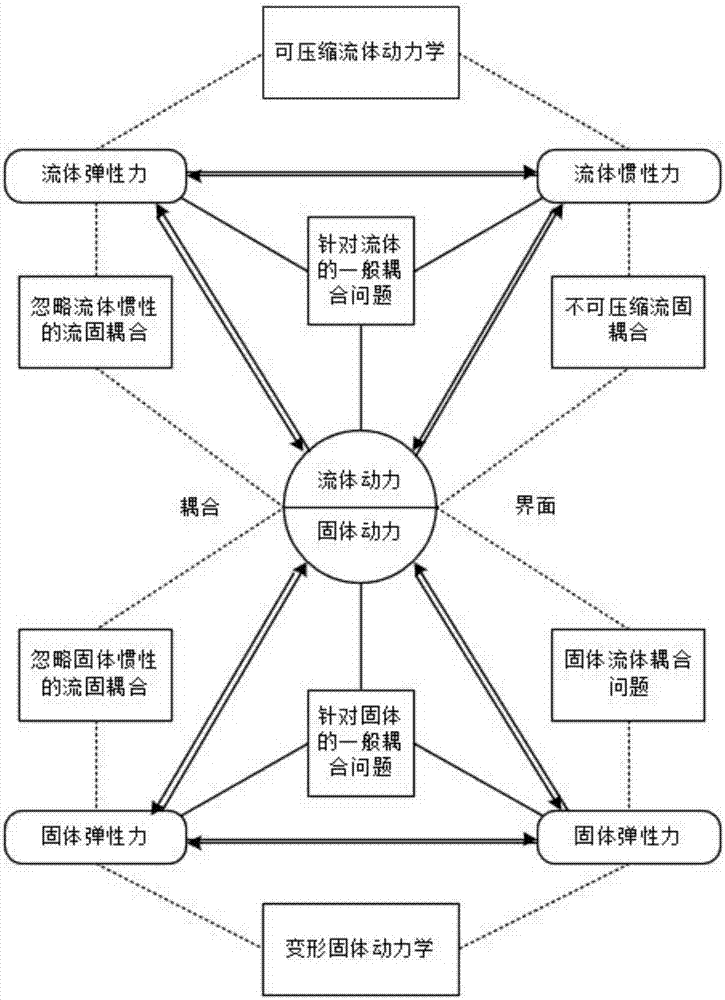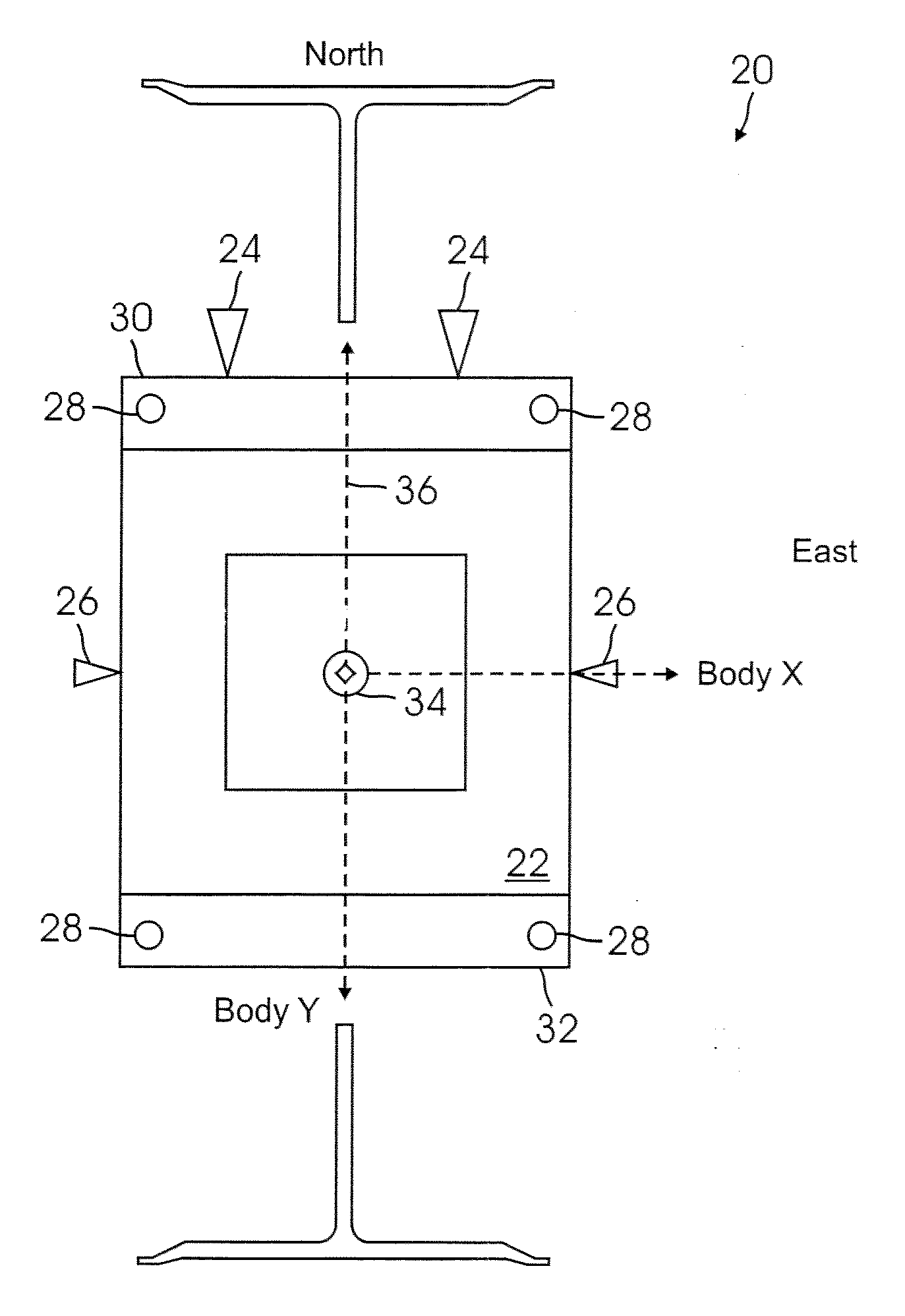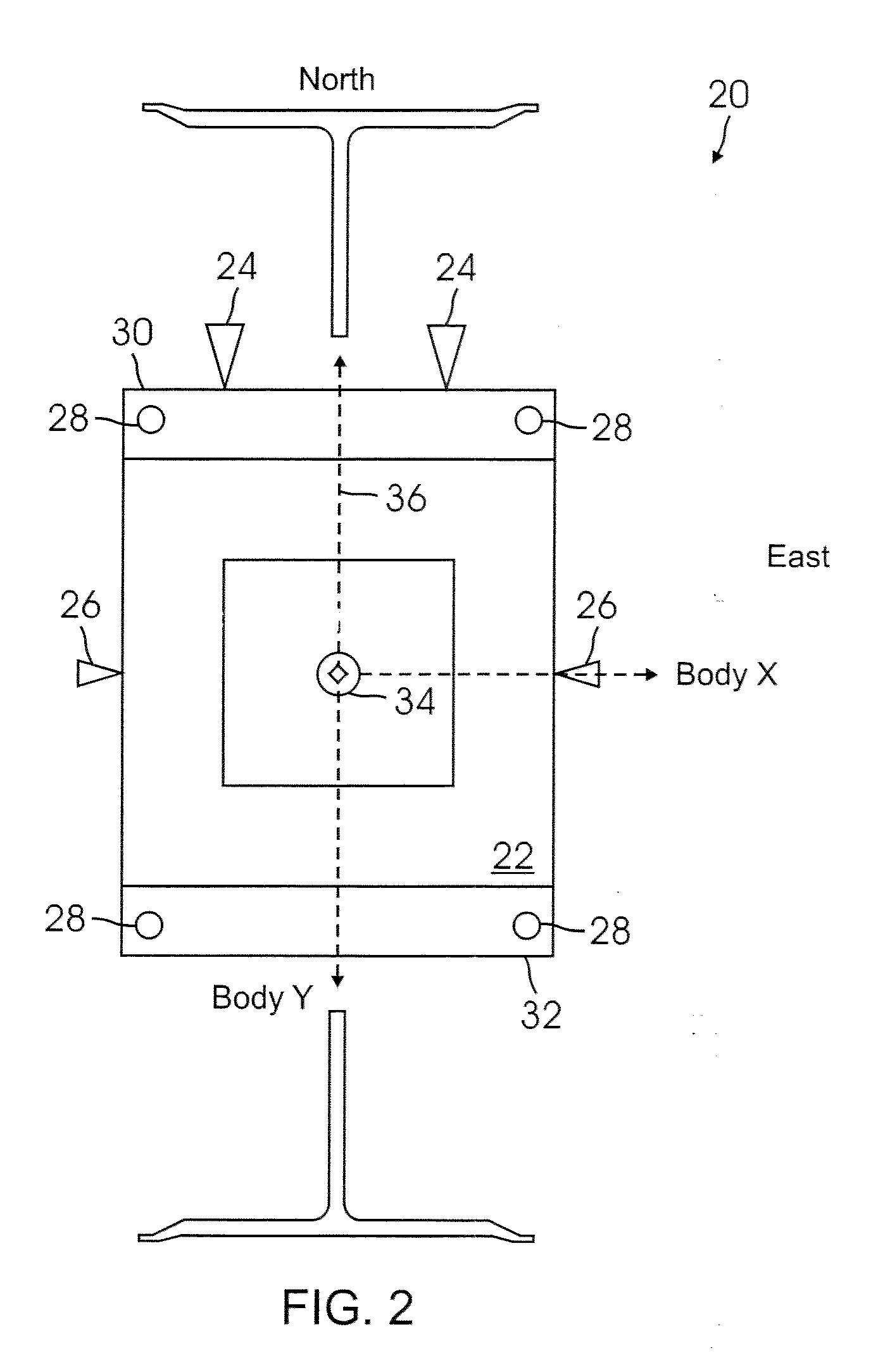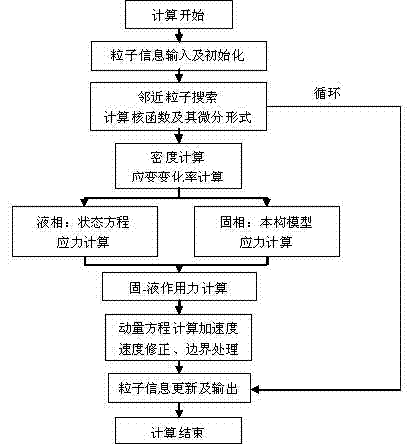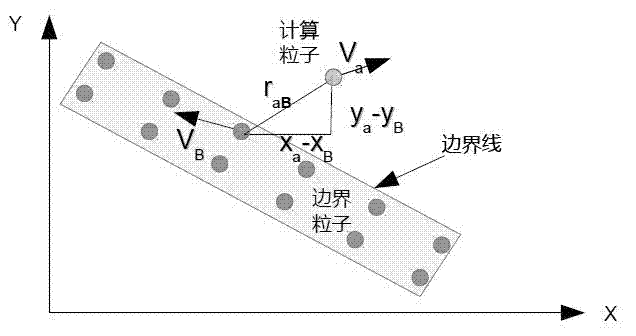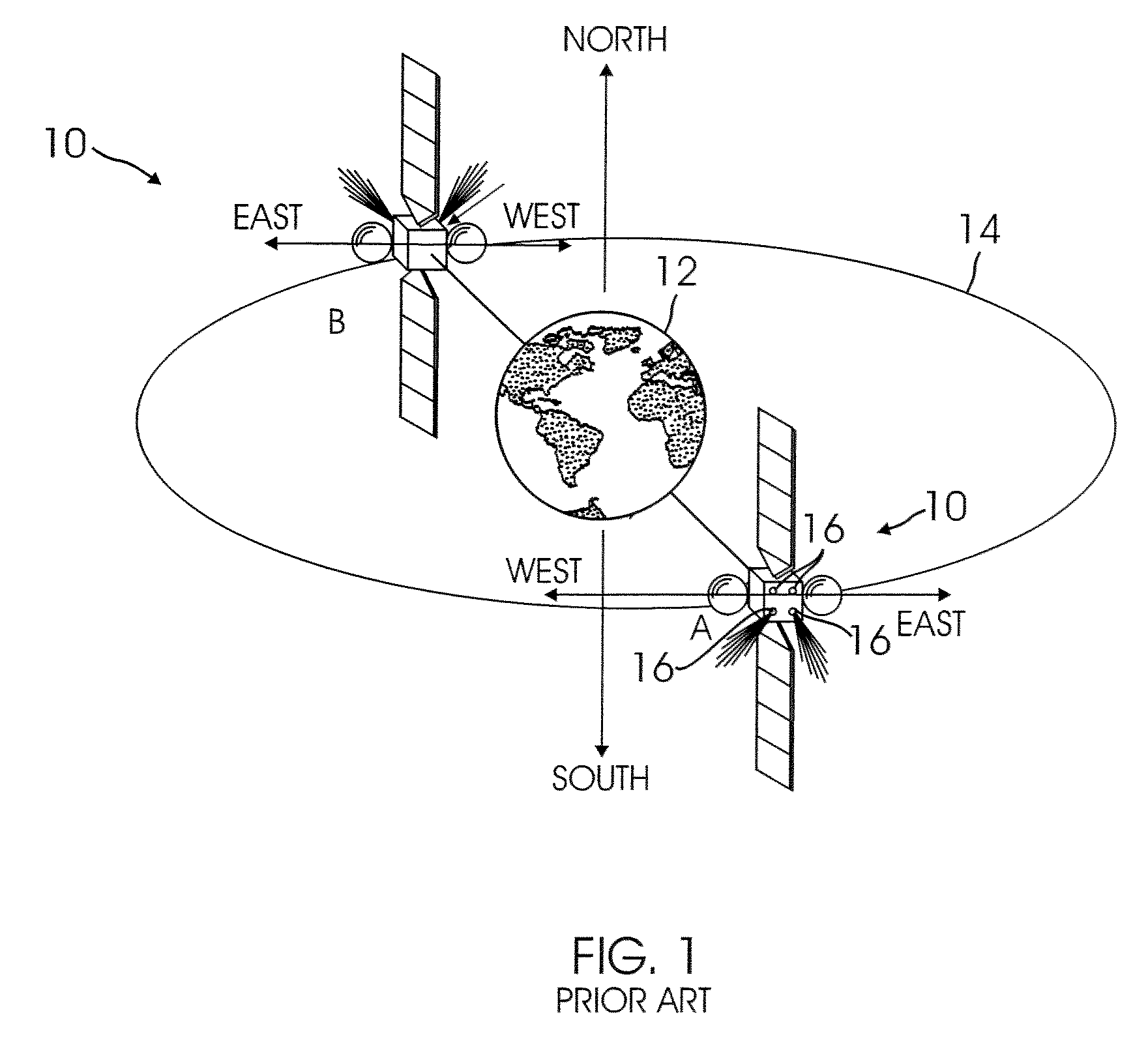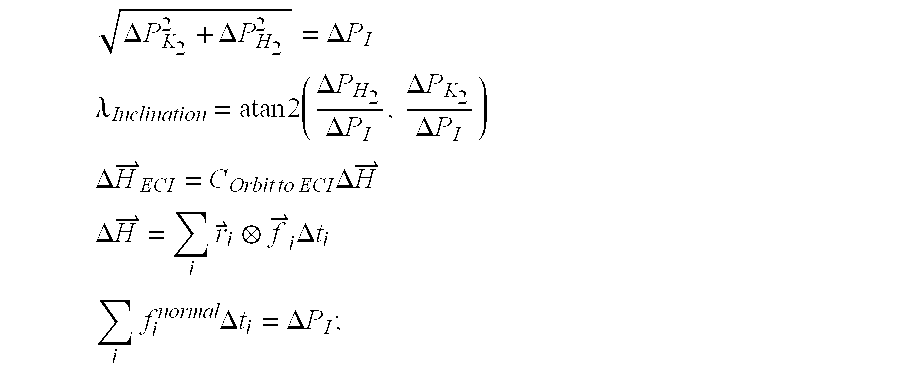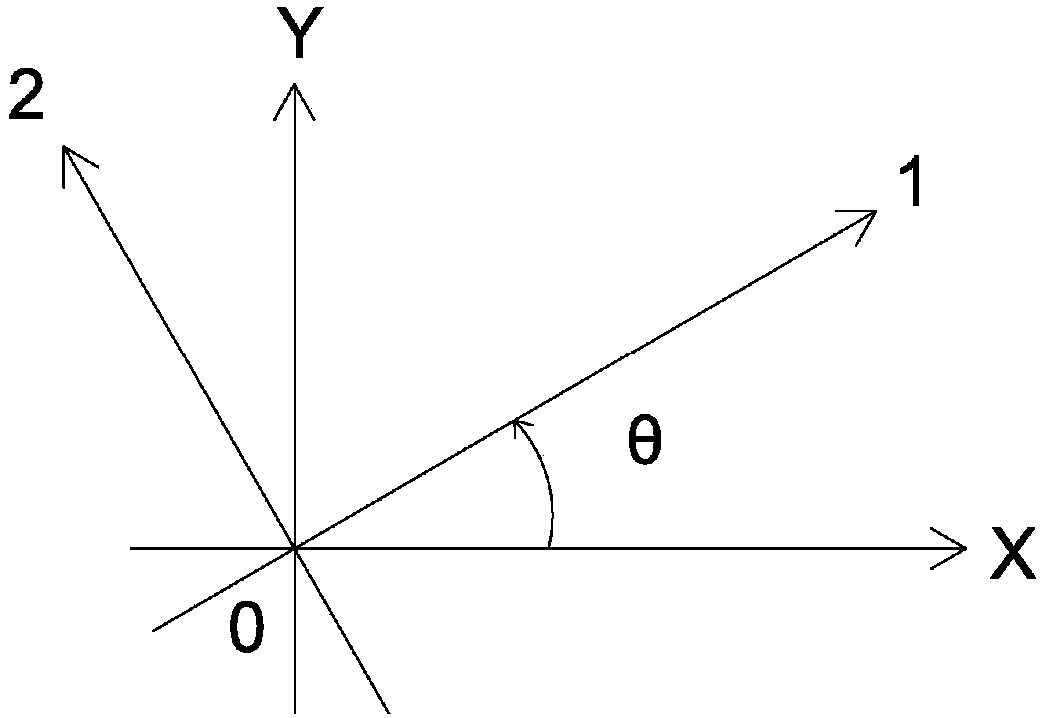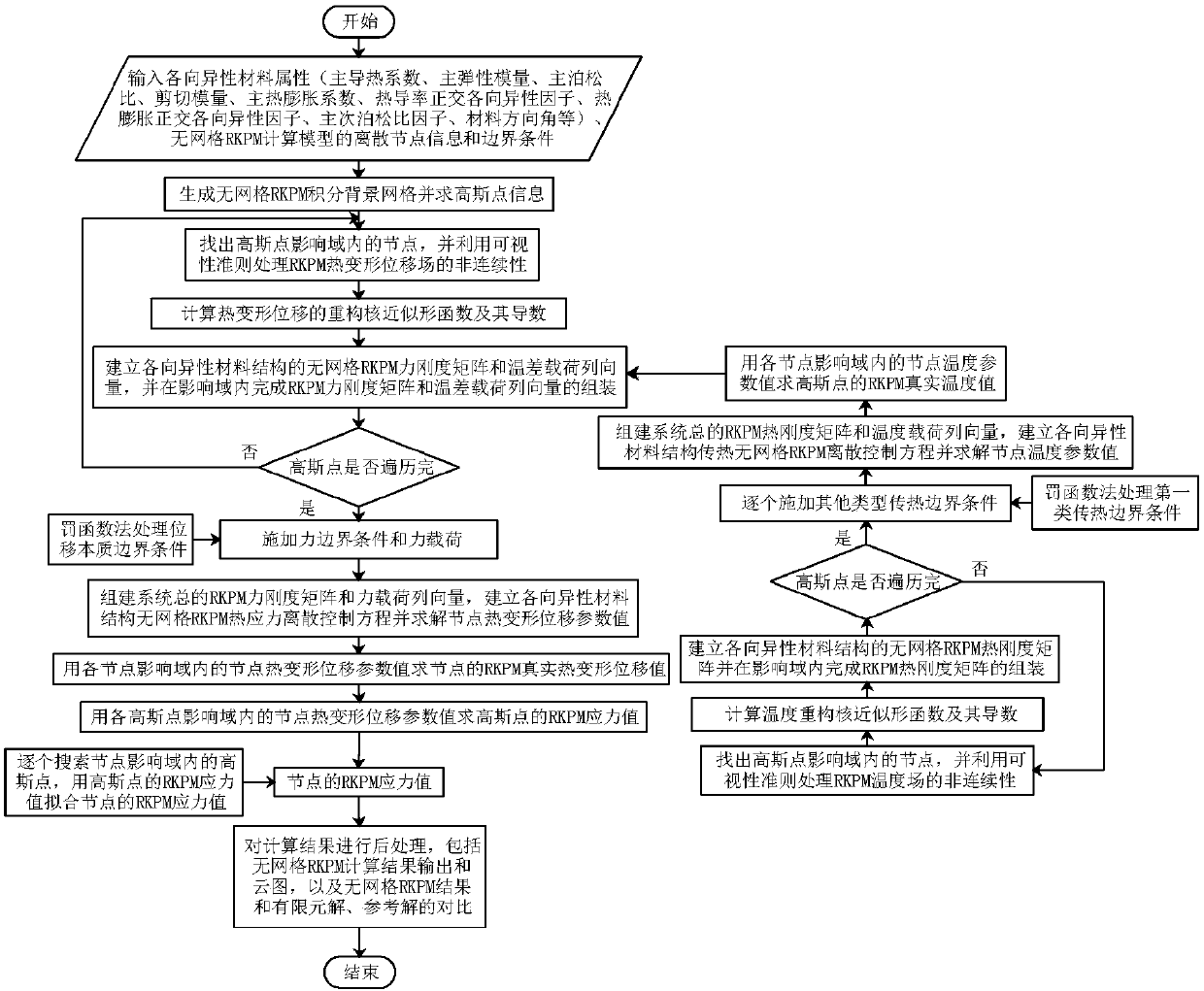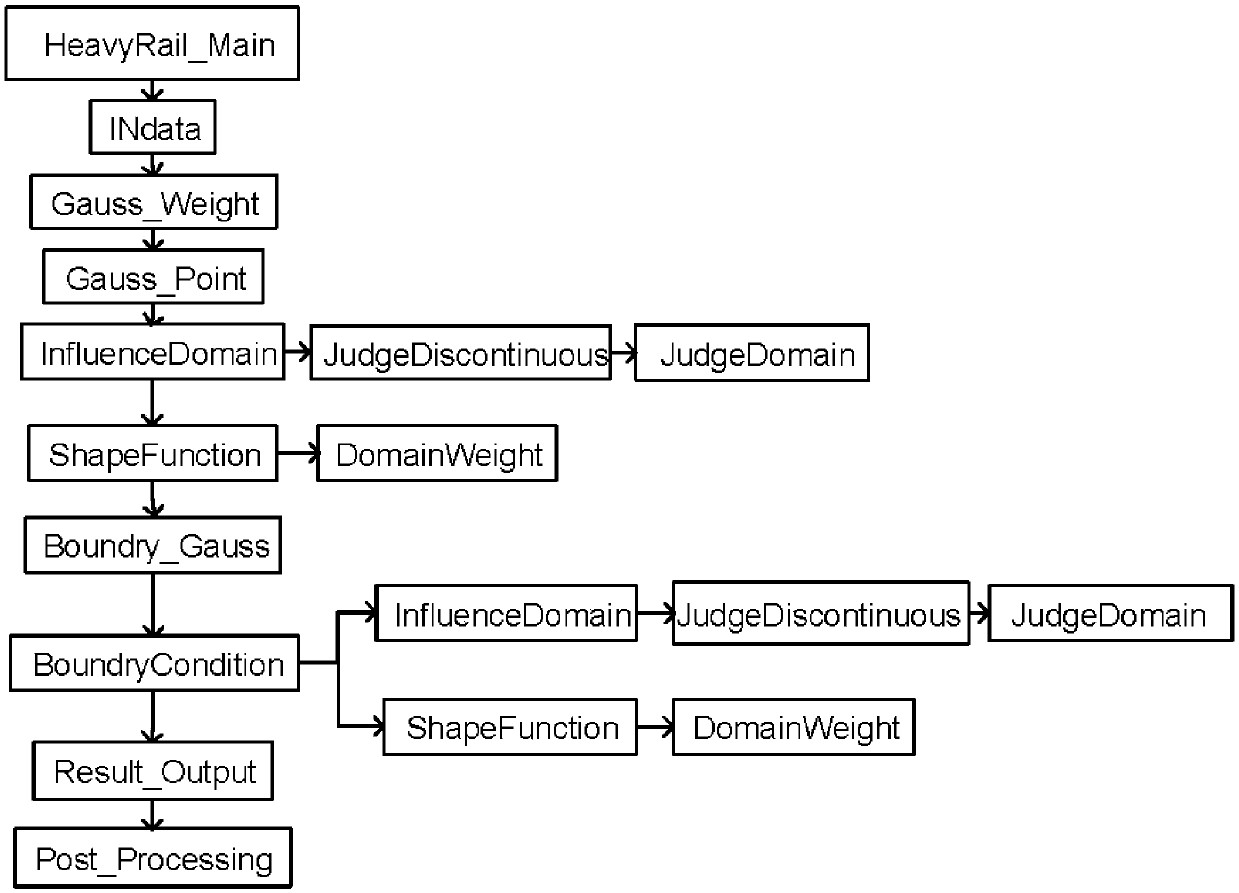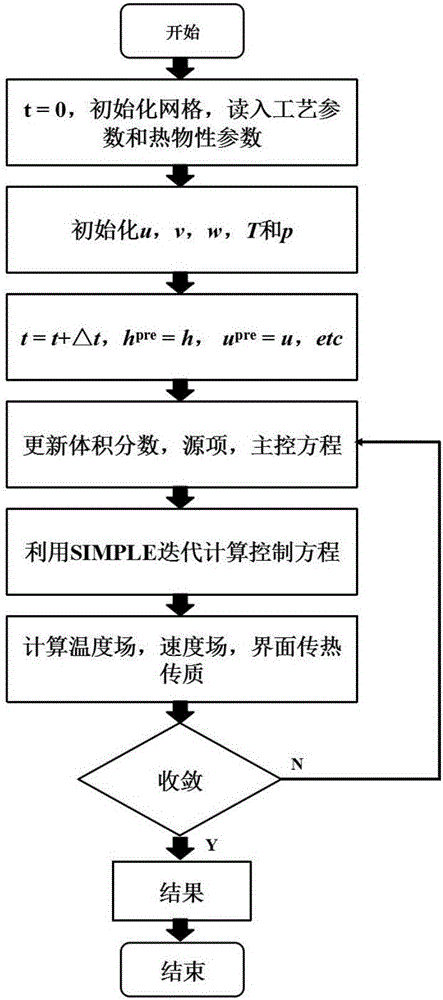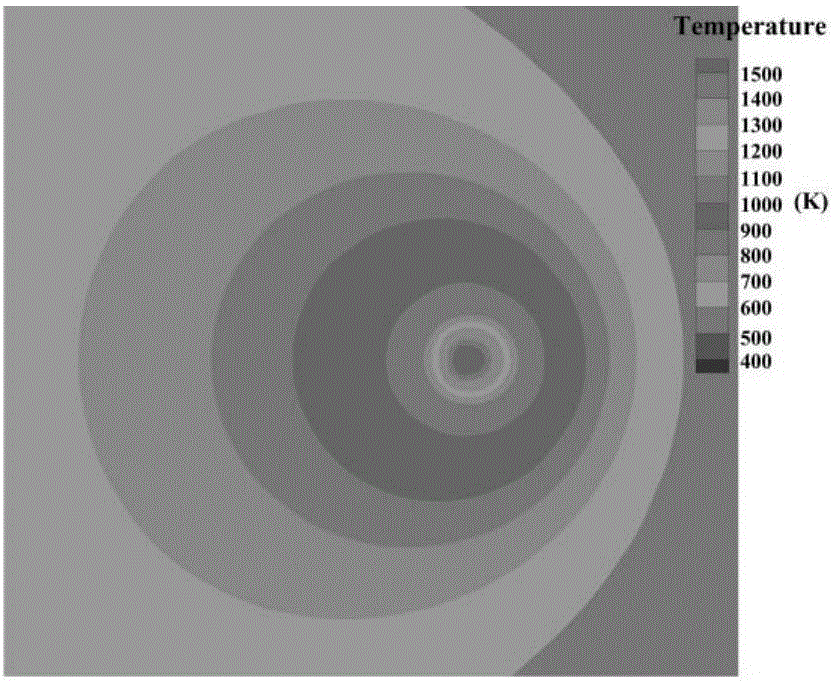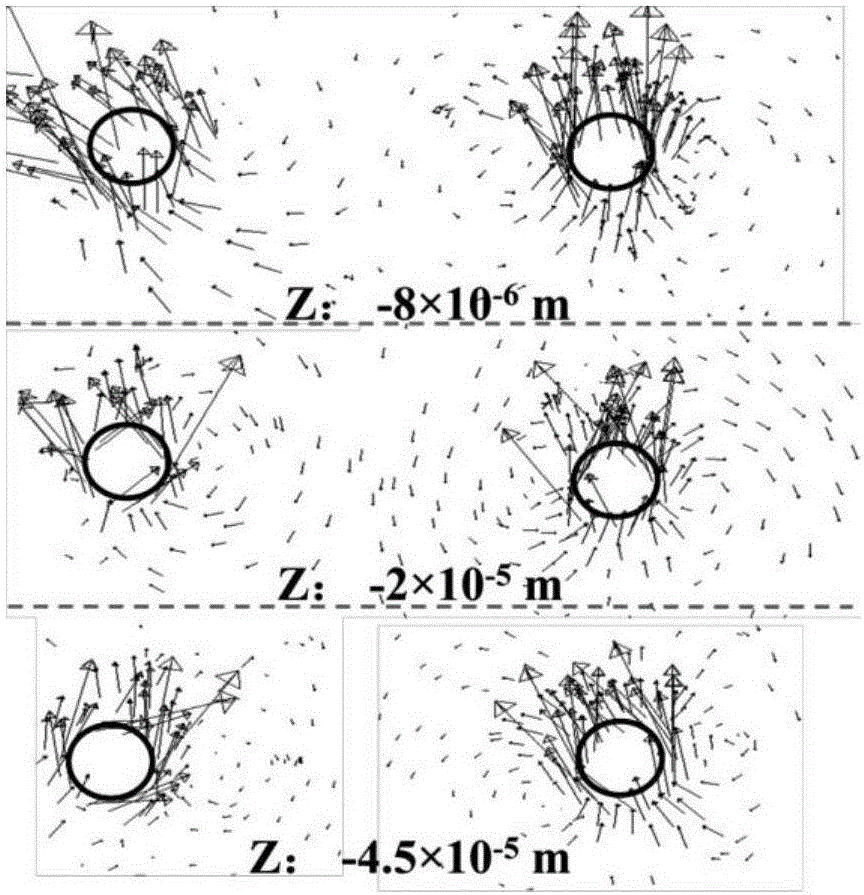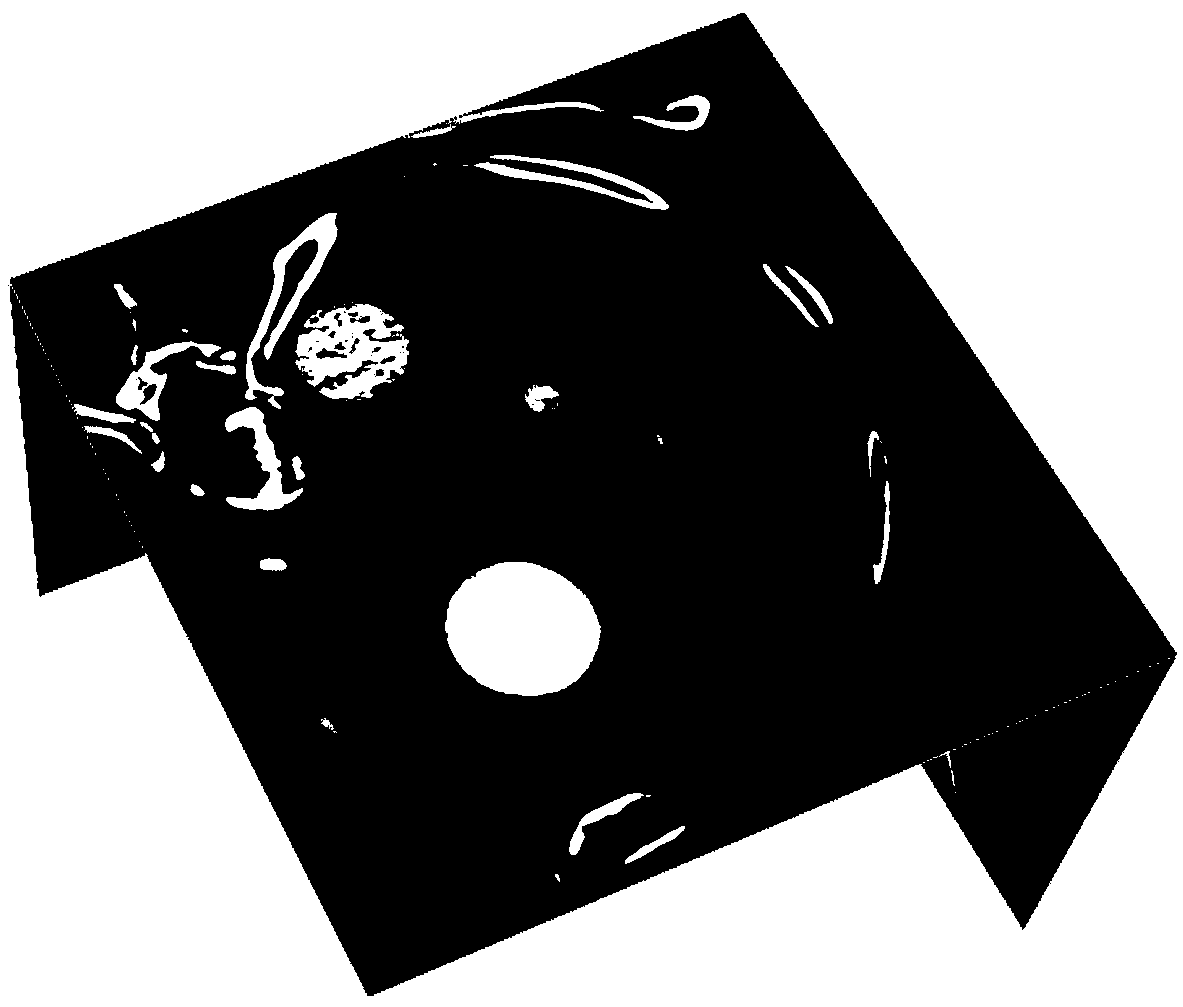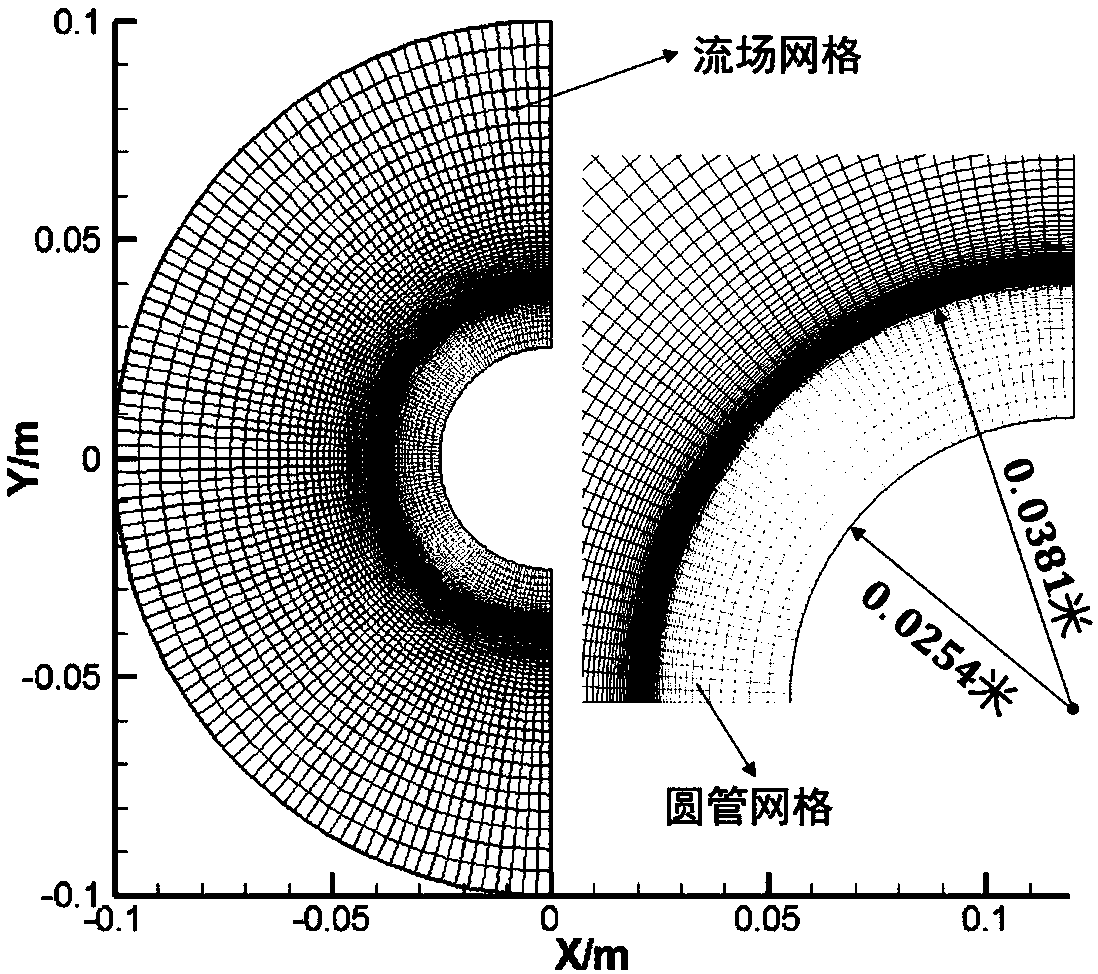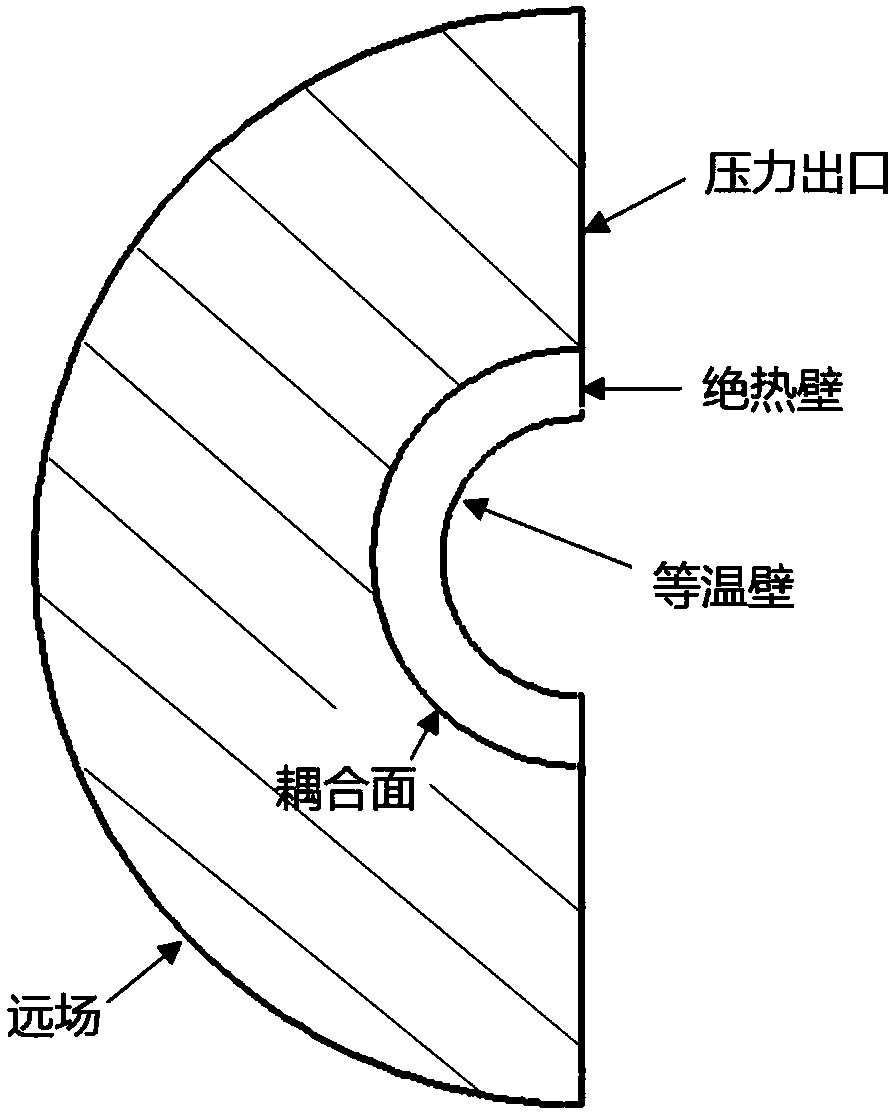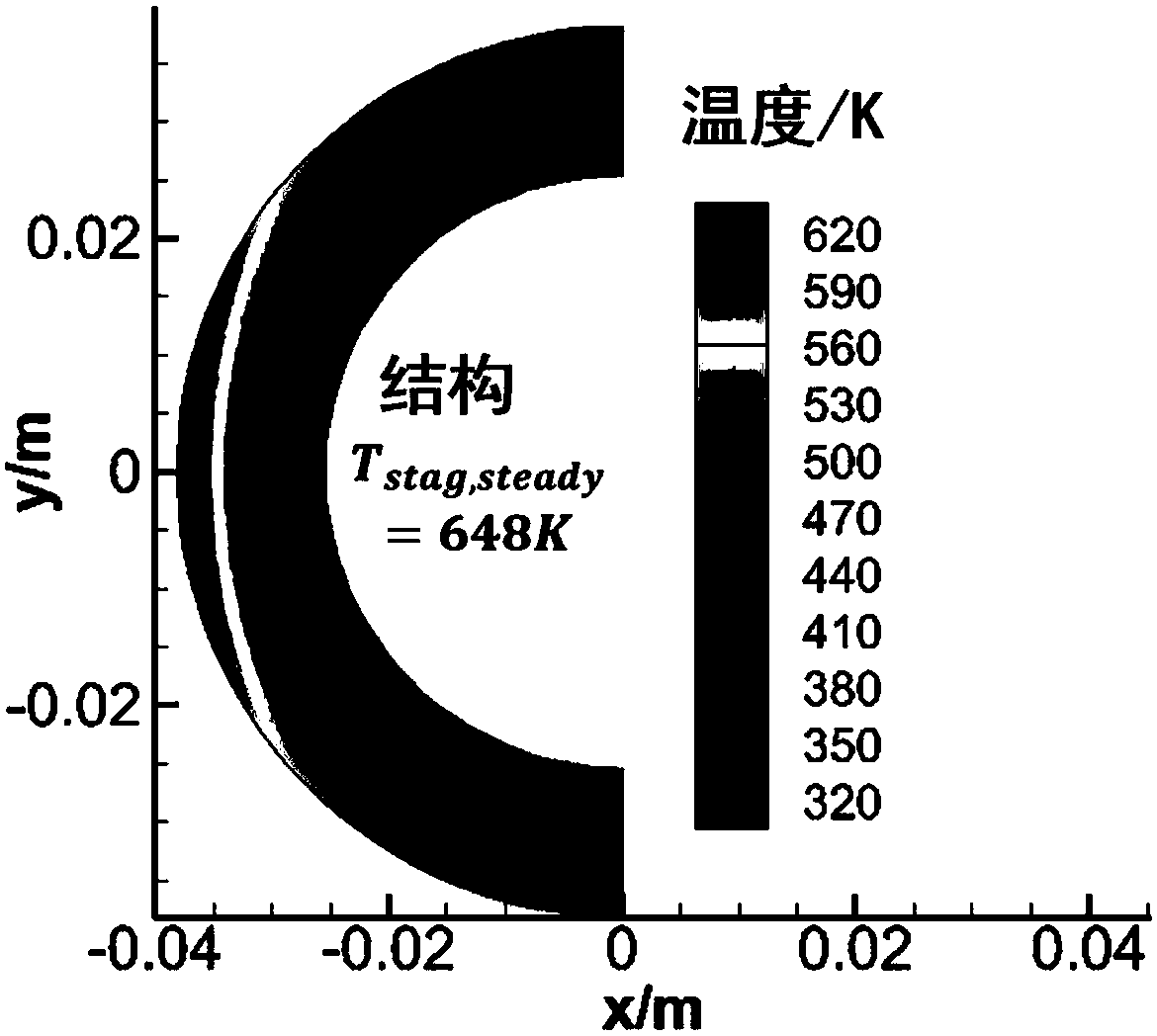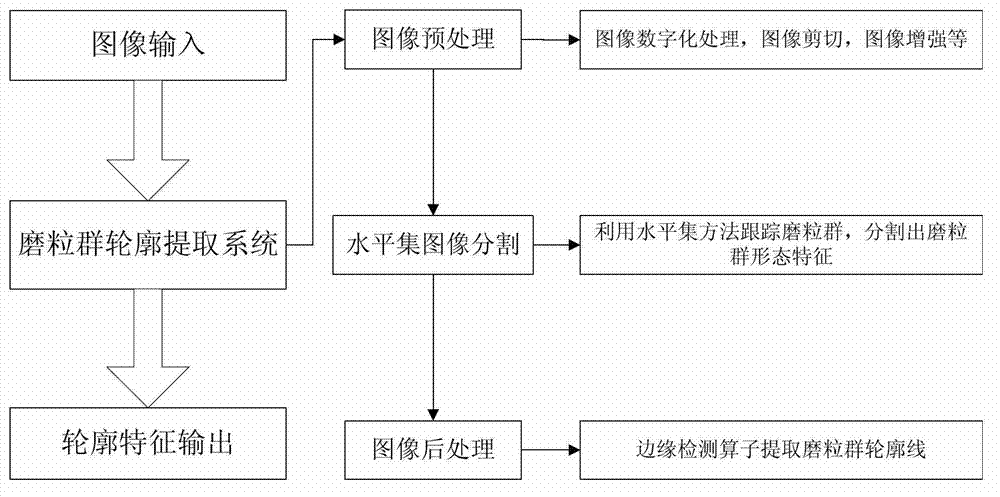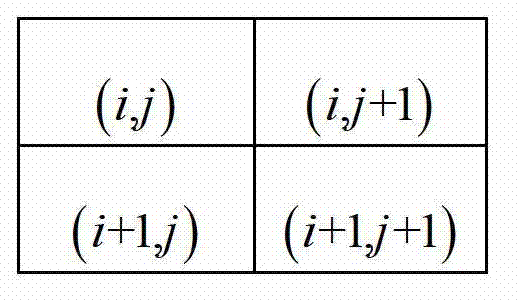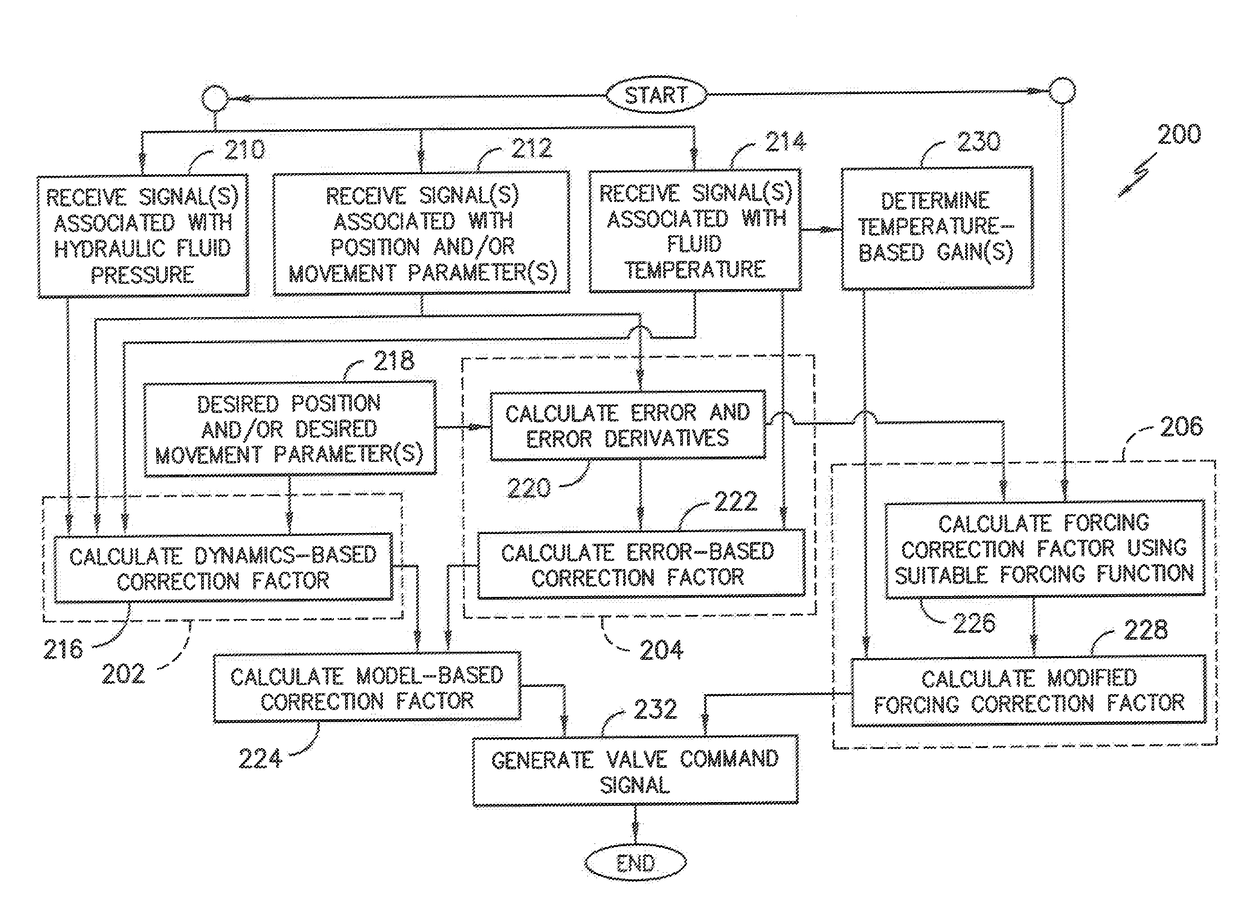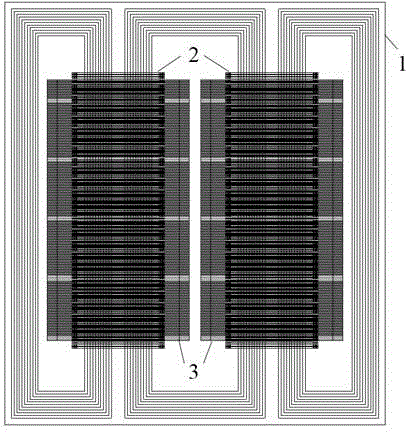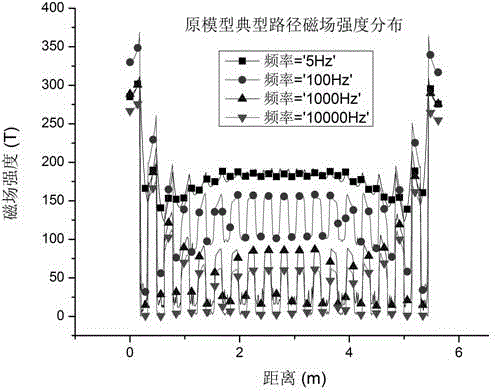Patents
Literature
Hiro is an intelligent assistant for R&D personnel, combined with Patent DNA, to facilitate innovative research.
907 results about "Control equation" patented technology
Efficacy Topic
Property
Owner
Technical Advancement
Application Domain
Technology Topic
Technology Field Word
Patent Country/Region
Patent Type
Patent Status
Application Year
Inventor
Thermal flow simulation for casting/molding processes
InactiveUS7024342B1Simple methodEasy to predictCasting safety devicesAnalogue computers for chemical processesHeat flowViscous liquid
A numerical procedure for simulating the behavior of incompressible, viscous fluid in a casting / molding process. The method is based on classical fluid dynamic equations and uses control volume-finite element and numerical techniques to solve the momentum and energy equations to obtain solution for the variable parameters. The method incorporates five additional modules which simulate fluid flow in the shot sleeve, heat transfer between the die and the heat transfer fluid, die cooling by lubricant, formation of mend line. These additional simulation modules produce realistic boundary conditions, and replace many of the assumptions that would have to be made, to solve the governing equations. These added improvements ensure a faster convergence of the numerical solution and a more realistic simulation of the die casting process.
Owner:MERCURY MARINE
Current predictive control method of permanent magnet synchronous motor
InactiveCN102904520AFast startShorten the timeElectronic commutation motor controlAC motor controlStator voltageControl signal
The invention relates to a current predictive control method of a permanent magnet synchronous motor, which belongs to the electric control field. The dynamic response speed and the control accuracy for the stator current control of the permanent magnet synchronous motor are improved through stator current prediction and deadbeat control, and the system delaying is compensated, so that the noise and the torque ripple of the motor in operation are reduced. The method comprises the steps as follows: obtaining a three phase stator current signal, and the electrical angle and the electrical angular speed of the motor rotor through the technologies of sensor sampling and a photoelectric coded disc or position sensorless detection; carrying out Clarke transformation and Park transformation on the stator current signal to obtain the stator current in a synchronous revolution dq coordinate system; substituting the obtained stator current signal in the dq coordinate system into a control equation of a current predictive controller of the permanent magnet synchronous motor, carrying out deadbeat control according to the given value of the obtained stator current in the dq coordinate system in an outer ring controller to obtain a stator voltage vector in the dq coordinate system; carrying out Park inverse transformation on the obtained stator voltage vector in the dq coordinate system, to obtain a pulse-width modulation (PWM) control signal of an inverter by a space vector pulse width modulation (SVPWM) method, controlling the stator current through the inverter, and then implementing the current predictive control over the permanent magnet synchronous motor.
Owner:EAST CHINA ARCHITECTURAL DESIGN & RES INST
Numerical simulation method for selective laser melting process
InactiveCN108062432APrevent cracks and other phenomenaOptimize printing parametersDesign optimisation/simulationSpecial data processing applicationsSelective laser meltingElement model
The invention discloses a numerical simulation method for a selective laser melting process. The method comprises a first step of establishment of a finite element model of additive manufacturing process simulation; a second step of meshing on the finite element model of the additive manufacturing process, wherein full-hexahedron meshing is adopted; a third step of definition of printing powder material properties and thermal physical performance parameters which must be determined for temperature field analysis in the additive manufacturing process; a fourth step of loading of a control equation of a mobile heat source; and a fifth step of analysis of thermal stress field and total deformation changes in the additive manufacturing process and after sintering is finished. Through the numerical simulation method for the selective laser melting process, printing parameters can be optimized, and warping and deformation of parts can be prevented; and the method provides effective guidancefor supporting structural design and a printing strategy (speed and direction), lowering the rejection rate and realizing ''success at a time''.
Owner:XIAN BRIGHT ADDTIVE TECH CO LTD
Improved droop control method in micro electric network detached island operation control system
InactiveCN102510064AReduce and eliminate the output voltage amplitudeReduce and eliminate frequencyEnergy industrySingle network parallel feeding arrangementsVoltage amplitudePower inverter
The invention discloses an improved droop control method in an improved micro electric network detached island operation control system. The automatic adjustment of the droop coefficient and the rated output power at the direct-current side is added in the traditional droop control, so as to reduce the fluctuation in voltage amplitude and frequency due to load change is reduced. In case that k groups of inverters are connected in parallel in the micro electric network, the active power and the reactive power output by the k-th inverter are respectively Pk and Qk. In the traditional droop control, the control equation of the output voltage amplitude of the inverter and the frequency droop is represented in the description: the droop coefficients kP Omega and kQU are replaced by simple functions correlative with the active power and the reactive power, represented in the description: the rated output powers on the direct current side of a drawing-in system are Pn and Qn, the rated output voltage angle frequency and amplitude of the micro electric network system are Omega n and Un, the load power is detected at the real time, the Pn and Qn are automatically adjusted, thus the Pn and Qn gradually reach Pk and Qk in delta T time, at the same time, the system droop control equation is represented in the description: the detached island operation of the micro electric network is controlled using the droop control equation.
Owner:SHANDONG UNIV
Pressure-controlled drilling method based on drilling annulus wellbore multi-phase flow computing
The invention relates to a pressure-controlled drilling method based on drilling annulus wellbore multi-phase flow computing, which comprises the following steps: obtaining basic parameters for drilling wellbore multi-phase flow computing; determining the variety of fluid in wellbore annulus; considering multi-phase multi-component complex flow factors, and establishing a wellbore annulus internal multi-phase flow control equation group; establishing definite conditions for the multi-phase flow control equation group by combining with technical processes under pressure-controlled drilling different working conditions; carrying out grid division on the time and space domains obtained by multi-phase flow computing; carrying out numerical discretion; solving the wellhead back pressure required by pressure-controlled drilling; and adjusting the wellhead throttling valve based on the computed wellhead back pressure value to realize pressure-controlled drilling. Through the adoption of the method, pressure-controlled drilling can be continued under the condition that the drilling fluid contains gas; the method can be applied to the pressure-controlled drilling process of strata highly containing acidic gases; and the computation accuracy is high, the error is small, the control accuracy of pressure-controlled drilling is improved, and the application range is enlarged.
Owner:CHINA UNIV OF PETROLEUM (EAST CHINA) +3
System and methods for simultaneous momentum dumping and orbit control
InactiveUS7918420B2Reduce in quantityEasy to useArtificial satellitesRocket engine plantsMomentumPresent method
The present system and methods enable simultaneous momentum dumping and orbit control of a spacecraft, such as a geostationary satellite. Control equations according to the present system and methods generate accurate station-keeping commands quickly and efficiently, reducing the number of maneuvers needed to maintain station and allowing station -keeping maneuvers to be performed with a single burn. Additional benefits include increased efficiency in propellant usage, and extension of the satellite's lifespan. The present system and methods also enable tighter orbit control, reduction in transients and number of station-keeping thrusters aboard the satellite. The present methods also eliminate the need for the thrusters to point through the center of mass of the satellite, which in turn reduces the need for dedicated station-keeping thrusters. The present methods also facilitate completely autonomous orbit control and control using Attitude Control Systems (ACS).
Owner:THE BOEING CO
Method and apparatus for predicting multi-section fracturing productivity of shale gas reservoir horizontal well
ActiveCN105046006AReduce computing costAccurate predictionSpecial data processing applicationsPredictive methodsPhysical model
The invention relates to a method and an apparatus for predicting multi-section fracturing productivity of a shale gas reservoir horizontal well. The prediction method comprises: obtaining shale gas reservoir original parameters after fracturing modification; establishing a physical model for a target region by utilizing the shale gas reservoir original parameters, and obtaining a strong form control equation of gas flow in a shale matrix and a strong form control equation of gas flow in a fracture network; establishing a control equation for the gas flow in the shale matrix and a comprehensive control equation for the flow in a fracture system by utilizing the strong form control equation of the gas flow in the shale matrix and the strong form control equation of the gas flow in the fracture network; establishing a strong discontinuous expansion function; substituting the strong discontinuous expansion function to the control equation for the gas flow in the shale matrix and the comprehensive control equation for the flow in the fracture system to calculate fracture pressure distribution; and substituting the fracture pressure distribution into a productivity equation to obtain shale gas productivity.
Owner:PETROCHINA CO LTD
Method capable of carrying out fatigue crack propagation rate estimation and life prediction
InactiveCN105956315AEasy to understandEasy to acceptDesign optimisation/simulationSpecial data processing applicationsMetallic materialsLeast squares
The invention discloses a method capable of carrying out fatigue crack propagation rate estimation and life prediction. The method comprises the following steps: (1) carrying out a fatigue crack test, and recoding data including crack length, time and the like; (2) processing the data to estimate a propagation rate corresponding to the crack length; (3) taking a Paris formula as a least-squares fit line to determine metal material parameters; (4) establishing a crack propagation perturbation series model to obtain a control equation and a boundary condition; (5) selecting a perturbation parameter asymptotic expansion control equation to form a perturbation parameter asymptotic sequence; (6) combining like terms to obtain differential equations under different powers to determine a coefficient to be determined, and carrying out iterative solving on the differential equations to obtain boundary conditions during next calculation; and (7) utilizing a calculation result to finish crack propagation rate estimation, judging whether the crack length exceeds a critical crack or not, jumping to (5) if the crack length exceeds the critical crack, and finishing fatigue life prediction if the crack length exceeds the critical crack. The method can effectively estimate the crack propagation rate and predict the fatigue life, and improves calculation precision.
Owner:BEIHANG UNIV
Building indoor environment optimization method based on model order reduction technology
InactiveCN103049612AQuick solveHigh precisionSpecial data processing applicationsGenetic algorithmComputer science
The invention discloses a building indoor environment optimization method based on the model order reduction technology. The method mainly includes the three steps: (1) using CFD (computational fluid dynamics) software for steady-state simulation of the indoor environment, and constructing variation spaces of various environmental parameters; 2) reconstructing low-order parameter variation subspaces by the aid of the POD (proper orthogonal decomposition) technology; and 3) searching the optimal air conditioner air supply temperature and the optimal air conditioner air supply speed by operating the genetic algorithm. The variation subspaces of the indoor environmental parameters are constructed by the aid of the POD technology, so that influences of spatial distribution on the environmental parameters are considered fully in an optimizing strategy, and optimization accuracy is improved. The POD model order reduction method maps a control equation in an original space into one orthogonal subspace, and accordingly mapping error can be guaranteed to minimum in the energy sense. Besides, compared with a present environment optimization strategy, the building indoor environment optimization method based on the model order reduction technology has the advantages of high optimization precision, high speed and the like.
Owner:JIANGSU UNIV
Method and system for optimizing multi-cluster fracturing in horizontal well section
ActiveCN107203667AImprove convenienceData processing applicationsFluid removalThree dimensional morphologyMulti cluster
An embodiment of the invention provides a method and system for optimizing multi-cluster fracturing in a horizontal well section and applies to an apparatus for optimizing multi-cluster fracturing in a horizontal well section. The method includes: constructing a fracturing fluid flow control equation set, a stress interference calculation control equation set and a multi-fracture synchronous expansion three-dimensional morphology calculation equation set according to stratum parameters and multiple construction parameter sets, and constructing, on such basis, an internal multi-cluster fracture three-dimensional expansion model of a horizontal well section by considering inter-fracture stress and dynamic flow distribution; simulating fracture morphology under different construction parameters according to the constructed internal multi-cluster fracture three-dimensional expansion model of the horizontal well section so as to optimize construction parameters. The method and system according to the invention consider multiple influence factors to establish the internal multi-cluster fracture three-dimensional expansion model of the horizontal well section, and good optimization is achieved.
Owner:CHINA PETROLEUM & CHEM CORP +1
Method and device for controlling virtual inertia of double-fed fan
ActiveCN104836253ASingle network parallel feeding arrangementsWind energy generationElectricityDifferentiator
The invention discloses a method and a device for controlling virtual inertia of a double-fed fan. The method comprises the steps of establishing an electric power system frequency response equation; acquiring an estimated value of a system inertia time constant; acquiring a standard form of an extended state observer; designing the extended state observer; and acquiring an active reference increment through the extended state observer so as to acquire a virtual inertia control equation of the double-fed fan. According to the control method disclosed by the invention, the active reference increment is acquired through the extended state observer, and the virtual inertia control equation of the double-fed fan is acquired, thereby avoiding a problem that a differentiator is difficult to be realized, and being capable of conveniently considering the relative contribution of wind power virtual inertia control for the system total inertia.
Owner:TSINGHUA UNIV +1
Bidirectional fluid-solid-heat coupling calculating method of water-lubricated rubber bearing
InactiveCN107506562AHigh solution accuracyReduce the number of iterationsGeometric CADSpecial data processing applicationsCouplingMechanical models
The invention discloses a bidirectional fluid-solid-heat coupling calculating method of a water-lubricated rubber bearing, comprising the following steps of setting basic assumption of a solution process according to the special structure and practical operating condition of the water-lubricated rubber bearing and combined with heat transfer characteristics of the water-lubricated rubber bearing; determining fluid, solid and temperature field coupling boundary conditions of the water-lubricated rubber bearing; building fluid domain and solid domain solution models, including mathematical models and mechanical models, of the water-lubricated rubber bearing,; meshing the fluid domain and solid domain of the water-lubricated rubber bearing by means of a finite element software platform and professional meshing software; building differential control equations of the fluid domain, solid domain and heat transfer characteristics of the water-lubricated rubber bearing; and building a fluid-solid-heat coupling model of the water-lubricated rubber bearing, solving the fluid-solid-heat coupling model by using a numerical method, and obtaining deformation conditions of the fluid domain, solid domain and temperature field. The method is effectively suitable for three-field coupling solution of the water-lubricated rubber bearing, solution precision is high, and the number of iterations is low.
Owner:XIAN UNIV OF SCI & TECH
Three-dimensional numerical simulation method for influence of flexible net on water flow
ActiveCN102332040ACalculation speedImprove accuracySpecial data processing applicationsPorous mediumWater flow
The invention discloses a three-dimensional numerical simulation method for influence of a flexible net on water flow. The method comprises the deformation calculation of the net and the calculation of a flow field at the periphery of the net. The calculation of the flow field at the periphery of the net comprises the following steps of: determining a control equation, calculating a porous mediumcoefficient, dividing boundary conditions and grids, and calculating numerical values. In the method, the deformation of the net in the water flow is simulated by a concentrated mass method, and a three-dimensional flow field at the periphery of the net is simulated by a Realizable k-epsilon turbulence model and a porous medium model; by the method, the deformation of the net under the action of the water flow and the three-dimensional flow field at the periphery of the net can be acquired at the same time, and the problems that the conventional calculation and measurement of the flow field at the periphery of the net is high in cost and time consumption and a three-dimensional integral flow field cannot be provided are solved; and physical experiments prove that a flow field result acquired through numerical simulation accords with an actual result (the maximal relative error is less than 5 percent), and the calculating time of the numerical simulation is less than 5 hours.
Owner:DALIAN UNIV OF TECH
System and methods for simultaneous momentum dumping and orbit control
ActiveUS20090078829A1Reduce in quantityIncreased efficiency in propellant usageArtificial satellitesRocket engine plantsSatelliteControl equation
The present system and methods enable simultaneous momentum dumping and orbit control of a spacecraft, such as a geostationary satellite. Control equations according to the present system and methods generate accurate station-keeping commands quickly and efficiently, reducing the number of maneuvers needed to maintain station and allowing station-keeping maneuvers to be performed with a single burn. Additional benefits include increased efficiency in propellant usage, and extension of the satellite's lifespan. The present system and methods also enable tighter orbit control, reduction in transients and number of station-keeping thrusters aboard the satellite. The present methods also eliminate the need for the thrusters to point through the center of mass of the satellite, which in turn reduces the need for dedicated station-keeping thrusters. The present methods also facilitate completely autonomous orbit control and angular momentum control using.
Owner:THE BOEING CO
Computational simulation method of flow slide catastrophe of rock and soil material
ActiveCN102819650AAccurate calculation of impact loadsReasonable prediction of flow-slip distanceSpecial data processing applicationsSmoothed-particle hydrodynamicsSoil mechanics
The invention relates to a computational simulation method of a flow slide catastrophe of a rock and soil material, belonging to the technical fields of computational rock and soil mechanics, geologic hazard prevention and control and geologic environment protection. Aiming at the limitation that the conventional grid-based computing method is only suitable for small-deformation analysis, the invention discloses a computational simulation method of an entire flow slide catastrophe process of the rock and soil material based on smoothed particle hydrodynamics (SPH). According to the method, a Navier-strokes equation is used as a control equation, solid phase and liquid phase of the rock and soil material are described by using a sub-load face Cambridge model and an incompressible fluid constitutive model respectively, porous medium theory and darcy law are introduced to calculate solid-liquid coupling acting force, and a computation model, which considers the full coupling of water and soil, of the flow slide catastrophe of the rock and soil material, is established. According to the computational simulation method, the entire process of large-deformation flow damage of the rock and soil material can be effectively represented, and the fluidization characteristic of the rock and soil material is captured, so that powerful scientific basis is provided for engineering design, engineering construction, disaster prevention and reduction and the like of high-risk areas of the flow slide disaster, and meanwhile, application of the computational rock and soil mechanics in the technical fields of actual engineering construction, geologic hazard prevention and control and the like is forcefully promoted.
Owner:TONGJI UNIV
CFD-based simulation method for flow field and temperature field of Shell gasifier
InactiveCN105930585AAccurate and convenient basic physical quantityAccurate and convenient access to basic physical quantitiesSpecial data processing applicationsPhysical modelComputer science
The invention discloses a CFD-based simulation method for a flow field and a temperature field of a Shell gasifier, and relates to the Shell gasifier. The method comprises the following steps of 1) preprocessing: establishing a Shell gasifier physical model, determining a simulation solution domain, and dividing a computational domain grid; 2) solving a control equation by utilizing a solver: performing model setting and solving; and 3, post-processing simulation result display. The flow field and the temperature field of the Shell gasifier are subjected to simulation computing, so that certain basic physical variables in the Shell gasifier are accurately and conveniently obtained and complete in-gasifier information is provided for design and industrial production of the Shell gasifier. The physical variables in the gasifier are accurately predicted, so that the representation of a coal dust gasification process in the Shell gasifier is realized.
Owner:XIAMEN UNIV
System and methods for simultaneous momentum dumping and orbit control
InactiveUS20090020650A1Reduce in quantityIncreased efficiency in propellant usageArtificial satellitesRocket engine plantsPresent methodMomentum
The present system and methods enable simultaneous momentum dumping and orbit control of a spacecraft, such as a geostationary satellite. Control equations according to the present system and methods generate accurate station-keeping commands quickly and efficiently, reducing the number of maneuvers needed to maintain station and allowing station-keeping maneuvers to be performed with a single burn. Additional benefits include increased efficiency in propellant usage, and extension of the satellite's lifespan. The present system and methods also enable tighter orbit control, reduction in transients and number of station-keeping thrusters aboard the satellite. The present methods also eliminate the need for the thrusters to point through the center of mass of the satellite, which in turn reduces the need for dedicated station-keeping thrusters. The present methods also facilitate completely autonomous orbit control and control using Attitude Control Systems (ACS).
Owner:THE BOEING CO
Meshless RKPM-based two-dimensional thermal deformation and stress analysis method for anisotropic material structure
ActiveCN108345741AEfficient and flexible layoutImprove calculation accuracyDesign optimisation/simulationSpecial data processing applicationsThermal deformationAnalysis method
The invention discloses a meshless RKPM-based two-dimensional thermal deformation and stress analysis method for an anisotropic material structure. The method mainly comprises the following steps of (1) performing RKPM node discrete preprocessing on a calculation model; (2) solving an RKPM thermal deformation displacement value: assembling RKPM overall force stiffness matrix and overall thermal load column vector; applying a boundary, and processing a first boundary condition by adopting a penalty function method; establishing a meshless RKPM thermal stress discrete control equation of the anisotropic material structure, and solving the RKPM thermal deformation displacement parameter value of a node; (3) solving an RKPM thermal stress value: performing approximation on the obtained thermaldeformation displacement parameter value by adopting reproducing kernel approximation to calculate out a thermal stress of a Gaussian point, thereby obtaining the RKPM thermal stress value of the node; and (4) post-processing a calculation result. The two-dimensional thermal deformation and stress analysis of the anisotropic material structure is performed based on a meshless RKPM; and a numerical method is stable and high in precision.
Owner:XIANGTAN UNIV
Method for simulating heat and mass transfer of reinforcement phase and melt interface in laser 3D printing composite material molten pool
ActiveCN105868434AAccurate prediction of heat and mass transferImprove distributionSpecial data processing applicationsMelting tankPhysical model
The invention relates to a method for simulating heat and mass transfer of a reinforcement phase and a melt interface in a laser 3D printing composite material molten pool, and aims at the temperature fields and velocity fields in the neighborhood of reinforced particles in the molten pool as well as distribution condition of the particles in samples after the final solidification. The method comprises the following steps: establishing a physical model of heat and mass transfer between the reinforced particles and melts; controlling the heat and mass transfer through a master control equation; and solving a control equation on the basis of calculation fluid dynamics software so as to obtain the temperature fields, the velocity fields and the distribution condition of the reinforced particles. According to the method for simulating the heat and mass transfer of the reinforced particles and the melt interface in the laser processing molten pool, a flow field model for disturbing the interior of the molten pool via laser and influencing the heat and mass transfer process between the reinforced particles and the melts is established aiming at a process of processing and preparing metal-matrix composite materials (MMCs) via laser, and the problems of powder, phase change and solidification in the laser processing process are considered, so that physical metallurgical behaviors of the reinforced particles and matrixes are correctly obtained, and the calculation results are favorably identical with experiments.
Owner:NANJING UNIV OF AERONAUTICS & ASTRONAUTICS
Method, device and system and for acquiring fractional flow reserve, and computer storage medium
The invention discloses a method, device and system for acquiring the fractional flow reserve, and a computer storage medium. The method for acquiring the fractional flow reserve comprises: a step S1,acquiring image data and physiological parameters related to a coronary artery and a heart, and constructing a corresponding three-dimensional model by processing the image data; a step S2, solving ahemodynamic control equation according to the three-dimensional model to obtain a hemodynamic parameter distribution of the coronary artery in a region expressed by the three-dimensional model, wherein the hemodynamic parameter of a boundary portion of the three-dimensional model is obtained by using a lumped model and a genetic algorithm; a step S3, calculating the fractional flow reserve of theangiostenosis site according to the relevant parameter obtained in step S2; and step S4, generating a corresponding fractional flow reserve report on the basis of the result of step S3. The method can accurately calculate and acquire of the fractional flow reserve FFR of the coronary artery of a patient.
Owner:HANGZHOU ARTERYFLOW TECH CO LTD
Hypersonic aerocraft leading edge fluid-heat-solid integrated calculation method
InactiveCN107832494AImprove stabilityImprove calculation accuracyGeometric CADSustainable transportationPhysical fieldEngineering
The invention discloses a hypersonic aerocraft leading edge fluid-heat-solid integrated calculation method, and belongs to the field of aerocraft pneumatic calculation. For solving the problem of complex coupling of structure heat transfer and hypersonic speed flow aerodynamic heating, the method avoids the complex data exchange and calculation amount caused by flow field and structure coupling alternate iteration calculation performed within a time domain through a traditional aerodynamic heating / structure heat transfer coupling solving method, the flow field and the structure are adopted asa physical field, and a uniform control equation is adopted. Physical parameters of a fluid and solid interface are defined again, a finite volume method is performed on a full physical field for spatial dispersion, and hidden time iteration is adopted for time stepping. Compared with a coupling algorithm, the method needs no extra data exchange or coupling strategy, the calculation result and anexperiment value are closer, the calculation amount and the grid dependency are smaller, and the better stability and calculation precision are achieved.
Owner:NANJING UNIV OF AERONAUTICS & ASTRONAUTICS
Abrasive particle flow field analysismethod based on CFD-DEM coupling model
ActiveCN106598912AIntuitive abrasive particle movement trajectoryLow costDesign optimisation/simulationComplex mathematical operationsParticle flowTheory model
The invention discloses an abrasive particle flow field analysis method based on a CFD-DEM coupling model. The method comprises the following steps of (1) building and solving an abrasive particle processing-oriented fluid phase control equation set, (2) solving an abrasive particle motion equation through a DEM theory according to a solution result achieved in the (1) step, (3) updating a position of the abrasive particles in a flow path according to the abrasive particle motion equation, and solving a new volume fraction and action force applied to the abrasive particles, (4) substituting a new fluid volume fraction and the action force applied to the abrasive particles to the (1) step for a new round calculation, continuously updating speed and position of each abrasive particle in a circulating way according to the above calculation process to evolving the whole abrasive particle flow processing system to achieve an abrasive particle flow motion rule. A method combining a computational fluid mechanics model and a discrete element theory model is introduced to the abrasive particle flow processing field; precise analysis can be conducted to abrasive particle movements; and abrasive particle processing technology parameters can be accurately adjusted and controlled.
Owner:ZHEJIANG UNIV OF TECH
Real-time detection method of soft abrasive flow abrasive group
InactiveCN102830121AEfficient detectionAccurate extractionInvestigating moving fluids/granular solidsField functionRunge–Kutta method
A real-time detection method of a soft abrasive flow abrasive group comprises the following steps: 1) establishing a phase-field model two-phase interface mixed energy equation according to the distribution condition of the soft abrasive flow abrasive group, also establishing a control equation of the phase-field function evolution, finally approximating a viscous phase and a surface pressure phase by a traditional second order center difference scheme, performing spatial discretization reconstruction of the control equation by a fifth order WENO scheme, performing discretization in the time direction by a Runge-Kutta method with a TVD property, and thus solving the two-phase interface to obtain a theoretical model of the abrasive group distribution; 2) performing real-time image processing of the distribution area of the abrasive group in a constraint channel obtained by a soft abrasive flow image acquisition device according to the obtained theoretical model of the abrasive group distribution, and thus extracting a contour feature of the abrasive group distribution area to obtain the change condition of the abrasive group dynamic boundary. The invention effectively detects the distribution condition of the soft abrasive flow abrasive group.
Owner:ZHEJIANG UNIV OF TECH
Work vehicle with enhanced implement position control and bi-directional self-leveling functionality
A method for automatically adjusting the position of an implement of a lift assembly may generally include receiving a signal indicative of a position and / or a movement parameter of loader arms of the lift assembly and receiving a signal indicative of a pressure of a hydraulic fluid supplied within the lift assembly. The method may also include calculating a first correction signal associated with adjusting the position of the implement, wherein the correction signal is calculated by inputting the position and / or the movement parameter and the fluid pressure into a control equation based on a model of the operational dynamics of the lift assembly. In addition, the method may include generating a valve command signal based at least in part on the correction signal and transmitting the valve command signal to a valve for maintaining the implement at a fixed orientation relative as the loader arms are being moved.
Owner:BLUE LEAF I P INC
A method for improving temperature applicability and accuracy modeling of electrochemical-thermal coupling model
ActiveCN109344429AHigh precisionImprove temperature adaptabilityDesign optimisation/simulationSpecial data processing applicationsReaction rateThermal coefficient
The invention discloses a method for improving the temperature applicability and accuracy modeling of an electrochemical-thermal coupling model, comprising the steps of testing and measuring an entropy thermal coefficient, wherein the entropy thermal coefficient of a battery is closely related to the heat production of the battery; establishing a lithium ion battery electrochemical model accordingto the measured entropy thermal coefficient and the electrochemical modeling control equation; establishing the electrochemical-thermal coupling model of a lithium ion battery by combining the lithium ion battery electrochemical model with the thermal characteristic equation of the lithium ion battery; establishing the correction functions S (T) and H (T) of the solid diffusion coefficient and reference reaction rate with temperature; introducing the correction functions into the electrochemical-thermal coupling model of the lithium ion battery; adding the tested and measured entropy thermalcoefficient in the electrochemical-thermal coupling model to the accuracy of the electrochemical-thermal coupling model along with the temperature change of the battery. By carrying out the temperature correction factor adjustment on the two parameters of the solid diffusion coefficient and the reference reaction rate constant, the electrochemical-thermal coupling model can be used for battery electrochemistry-thermal characteristic research at different temperatures and operating conditions, thereby improving the temperature adaptability of the model.
Owner:安徽巡鹰新能源集团有限公司
Oil reservoir seepage flow numerical simulation method and device
ActiveCN107133452AFully consider the difference in seepage characteristicsImprove accuracyInformaticsSpecial data processing applicationsDistribution characteristicNumerical models
The invention provides an oil reservoir seepage flow numerical simulation method and device. The oil reservoir seepage flow numerical simulation method includes acquiring initial state information of every mesh area of a heterogeneous sandstone reservoir, variation functions corresponding to parameters in the initial state information as well as attribute information of every permeability range of the heterogeneous sandstone reservoir; substituting the parameters into a preset oil reservoir seepage flow numerical model to obtain a seepage flow control equation group of seepage flow control equations corresponding to the permeability ranges; solving the seepage flow control equation group by combining a definite condition of the seepage flow control equation group to obtain parameter values of the parameters after the heterogeneous sandstone reservoir produces for a period of time so as to accurately describe residual oil distribution characteristics after the heterogeneous sandstone reservoir produces for a preset time and formulate a reasonable tapping potential. The oil reservoir seepage flow numerical simulation method takes differences of seepage characteristics of reservoirs into full consideration and reduces errors between assessment results and actual conditions.
Owner:CHINA UNIV OF PETROLEUM (BEIJING) +1
Method and system for planning escape route for spacecraft
ActiveCN109238287AEfficient solutionReduce dimensionalityNavigational calculation instrumentsInstruments for comonautical navigationCountermeasureNonlinear systems of equations
The invention discloses a method and a system for planning an escape route for a spacecraft. The method comprises steps of: 1) constructing a Hamilton function and a terminal constraint function of differential game based on a near circle deviation equation; 2) solving a co-state equation of the differential game to obtain an evolutionary formula for co-state quantity analysis; 3) solving an optimal control equation of the differential game to obtain an analytical expression of optimal control quantity; 4) solving a cross-section condition of the differential game to obtain terminal values ofHamilton quantity and co-state quantity; 5) solving a nonlinear equation set iteratively to obtain a saddle point of the differential game; and 6) planning the escape route for the spacecraft according to the saddle point of the differential game. According to the method and the system for planning the escape route for the spacecraft, the saddle point of the differential game of chase and escape in the spacecraft can be quickly solved, and by an optimal control law of the chase and escape corresponding to the saddle point, space threat can be evaded and a game route can be planned for the spacecraft. Therefore, the method and the system have the advantages of being correct and reasonable in design, fast in calculation, good in applicability to actual tasks, and the like.
Owner:NAT UNIV OF DEFENSE TECH
Method for simulating influence of flexible net on wave propagation
ActiveCN103235878ACalculation speedImprove accuracySpecial data processing applicationsFlow resistivityMomentum
The invention discloses a method for simulating influence of a flexible net on wave propagation. The method comprises the steps of adopting a method for generating a wave through a pushing plate, generating the wave according to a wave generation equation form, combining with a continuity equation and a momentum equation to serve as a control equation to describe movement of a fluid, and on the basis of a finite volume method discrete control equation, establishing a numerical wave tank by solving of a wave surface through a fluid volume function method; introducing a porous medium model into numerical simulation to simulate the net, wherein according to the porous medium model, flow resistance which is determined through an empirical assumption is coupled inside an area which is defined as a porous medium, and the flow resistance which is added manually is used for simulating the damping effect of the net in reality. Physical tests of the method confirm that wave dissipation results obtained through the numerical simulation are matched with real wave dissipation results, and the calculation time of the numerical simulation is within 10 hours. The method solves the problems that costs are high, consumed time is long, wave propagation changes nearby the net can not be provided in the prior art.
Owner:DALIAN UNIV OF TECH
Flow simulation and transient well analysis method based on generalized pipe flow seepage coupling
ActiveCN110110435AReduce complexityEasy to solveSurveyConstructionsCoupling systemApplication software
The invention discloses a flow simulation and transient well analysis method based on generalized pipe flow seepage coupling. The flow simulation and transient well analysis method comprises the following steps of S1, introducing generalized fluidity, and establishing a fluid motion equation of generalized pipe flow-seepage coupling; S2, substituting the established fluid motion equation into a mass conservation equation, and establishing a corresponding reservoir control equation according to the specific shape of the reservoir; S3, establishing different flow simulation and transient well analysis models according to a pipe flow and seepage coupling system formed by the combination relation of different structural reservoirs and the combination relation of different wells and different reservoirs; and S4, forming corresponding application software by using the established different flow simulation and transient well analysis models. The method plays an important role in solving the problems of flow simulation, unstable well testing analysis, production data analysis, productivity well testing analysis, multi-well interference well testing analysis and continuous or permanent pressure and flow monitoring data analysis of wells of complex oil, gas and water reservoirs.
Owner:XIAN SINOLINE PETROLEUM SCI & TECH CO LTD
Design method of scale model of extra-high voltage converter transformer
InactiveCN104090190AEffective reflectionReduce testing costsElectrical testingScale modelTransformer
The invention discloses a design method of a scale model of an extra-high voltage converter transformer. According to the principle of similitude, the structural characteristics of the extra-high voltage converter transformer and the application occasions of the scale model are taken into account, typical physical quantities needing controlling are set according to the research goal, corresponding resemblance constants are set, the resemblance constants are related through a control equation, and finally a total scale formula of the converter transformer is obtained. The scale model is designed according to the total scale formula of the converter transformer, the consistency of the scale model and an original model is verified by simulating and measuring the electromagnetic field distribution of the scale model, and finally the electromagnetic field distribution characteristics of an original large model are predicted through the scale model. By means of the design method of the scale model, the designed scale model can effectively reflect the electric characteristics of the original model, can be used for carrying out experiments and research, lowers experiment cost, shortens the experiment period, and has good economical benefits for researching large equipment like the extra-high voltage converter transformer.
Owner:WUHAN UNIV
Features
- R&D
- Intellectual Property
- Life Sciences
- Materials
- Tech Scout
Why Patsnap Eureka
- Unparalleled Data Quality
- Higher Quality Content
- 60% Fewer Hallucinations
Social media
Patsnap Eureka Blog
Learn More Browse by: Latest US Patents, China's latest patents, Technical Efficacy Thesaurus, Application Domain, Technology Topic, Popular Technical Reports.
© 2025 PatSnap. All rights reserved.Legal|Privacy policy|Modern Slavery Act Transparency Statement|Sitemap|About US| Contact US: help@patsnap.com
